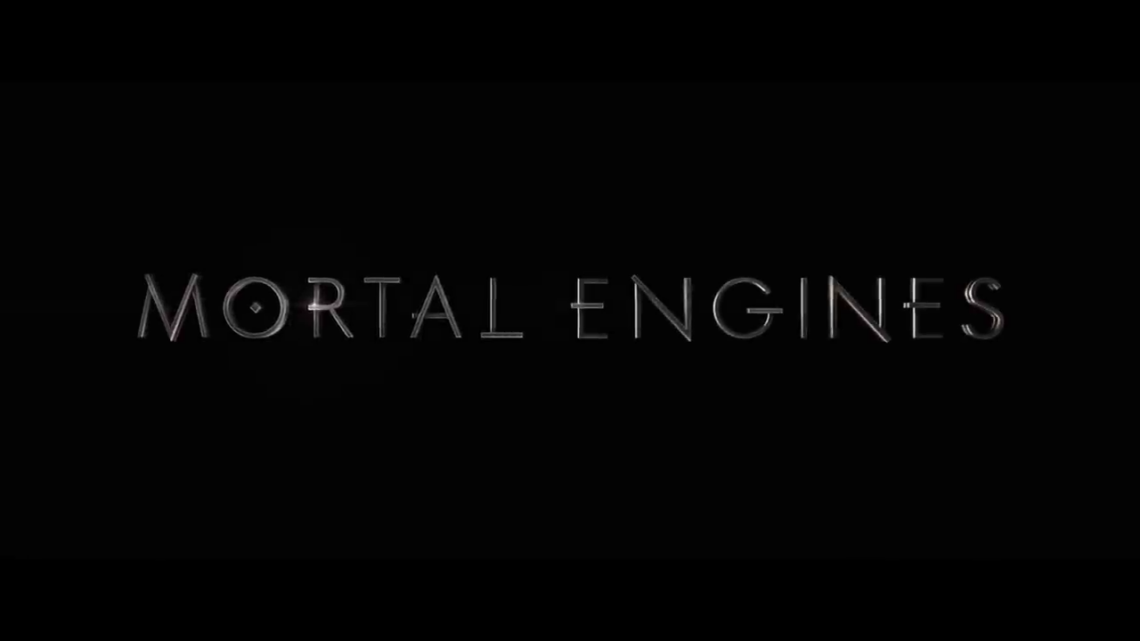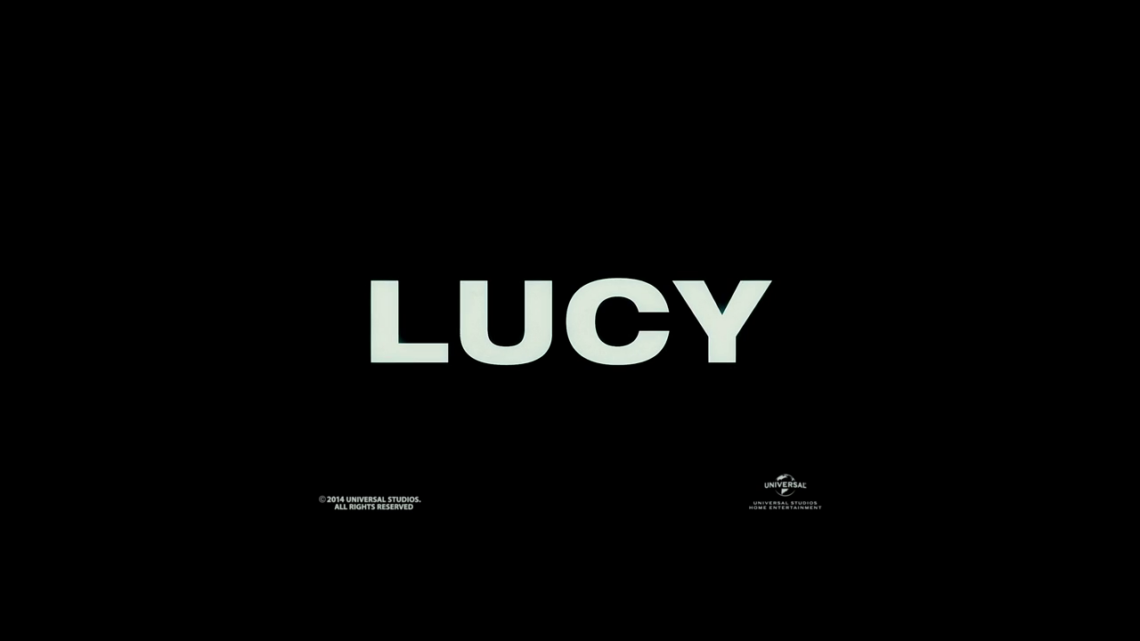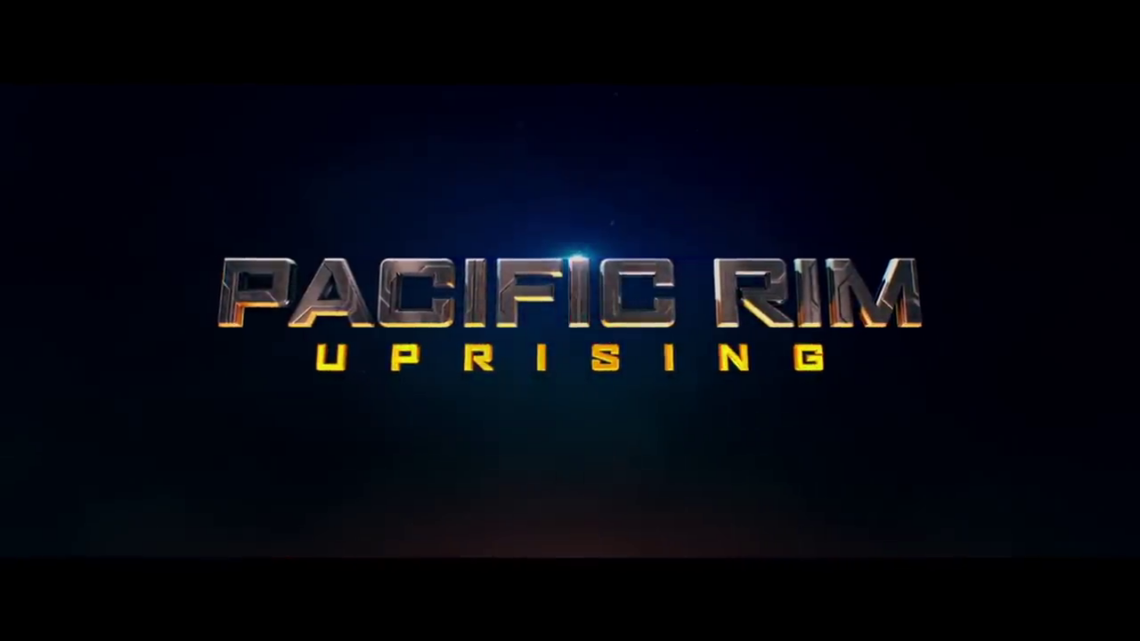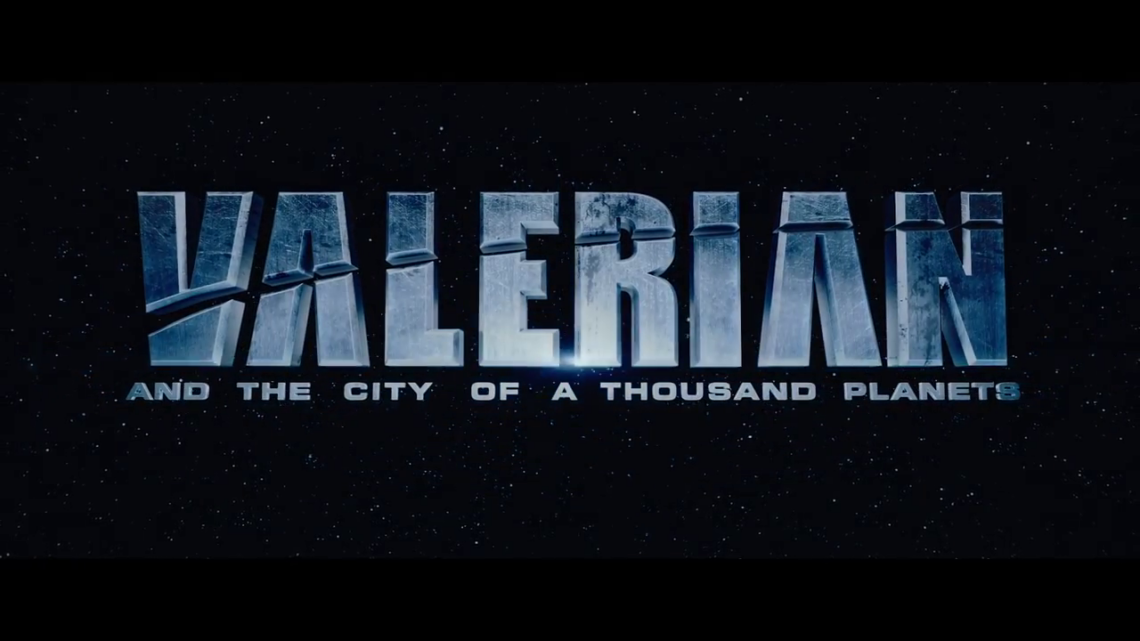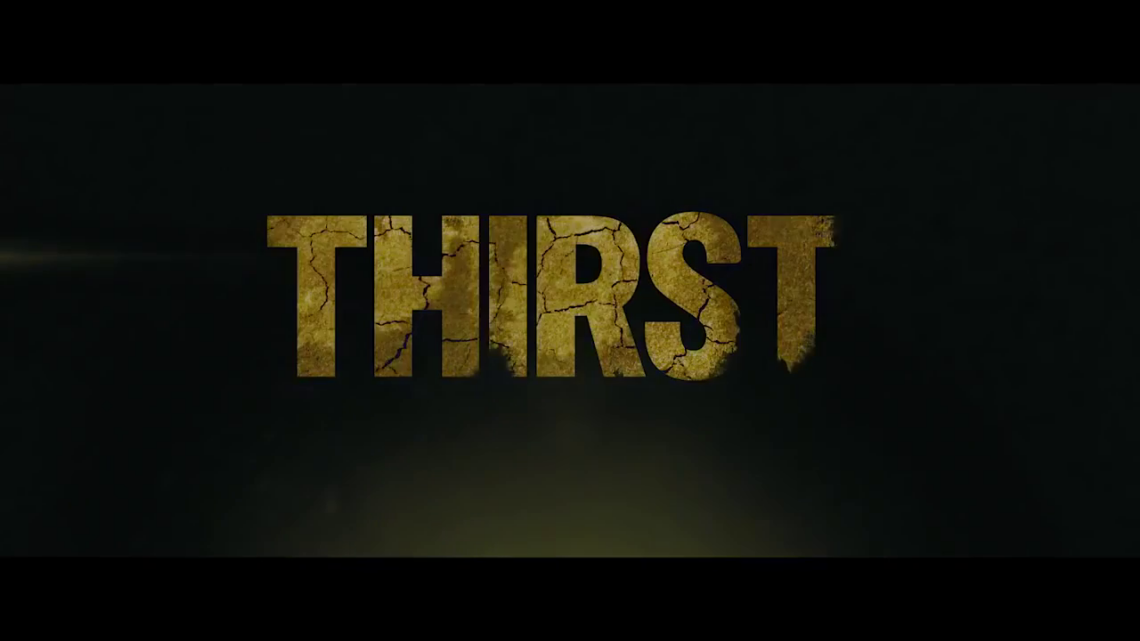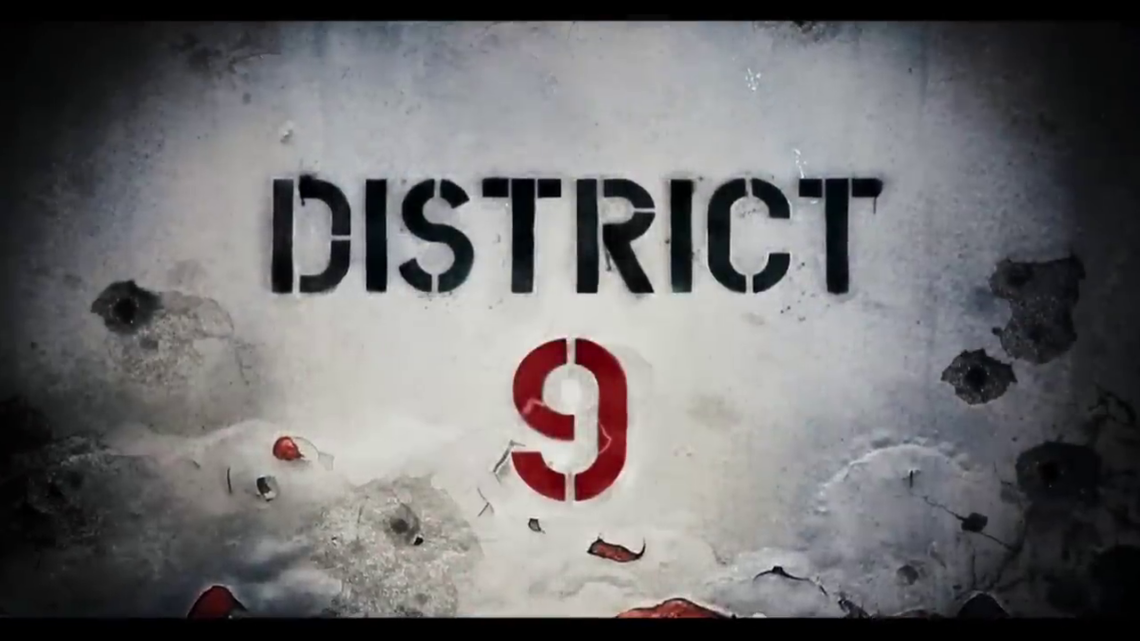-
#628 – Mortal Engines (2018)
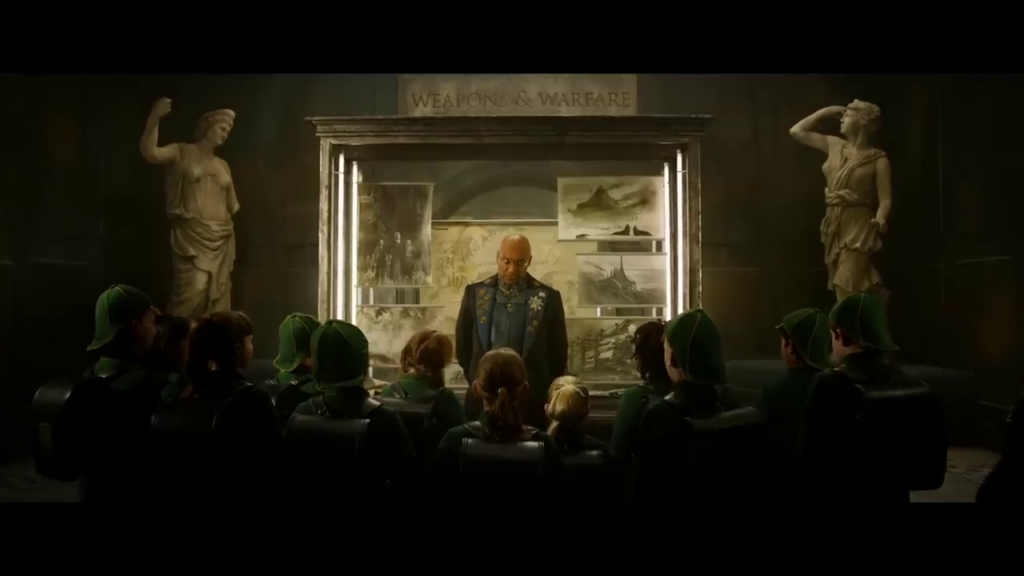
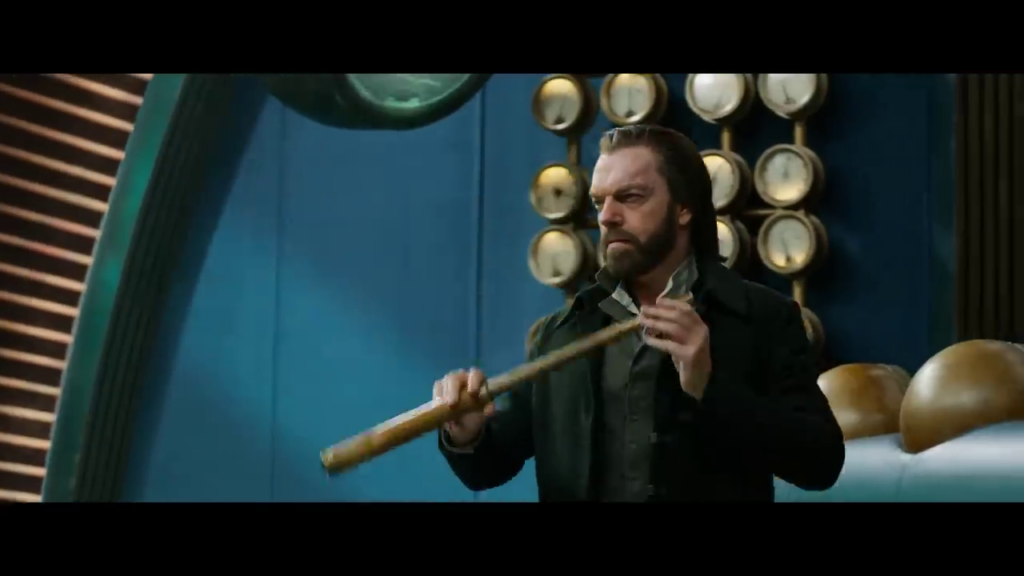
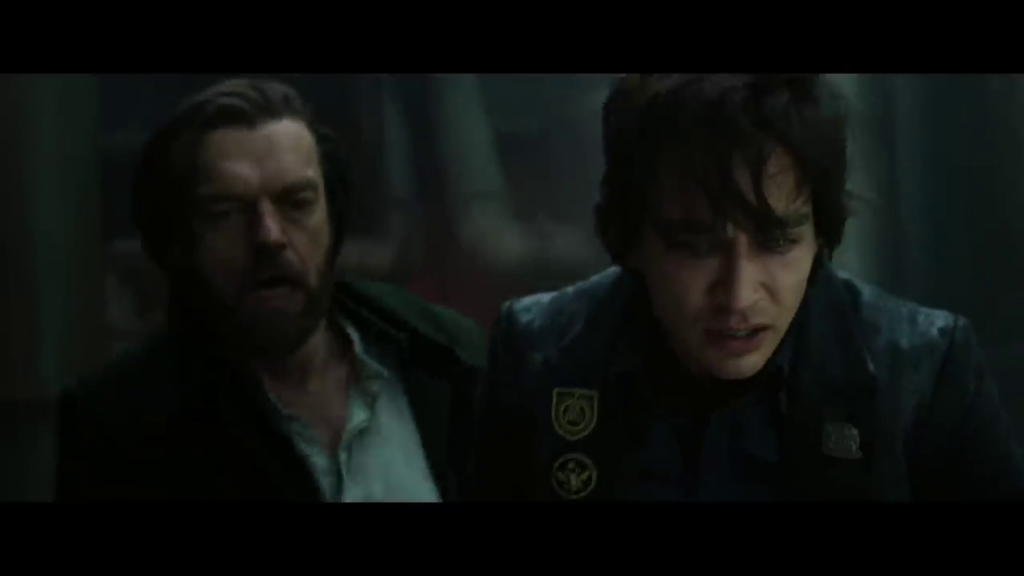

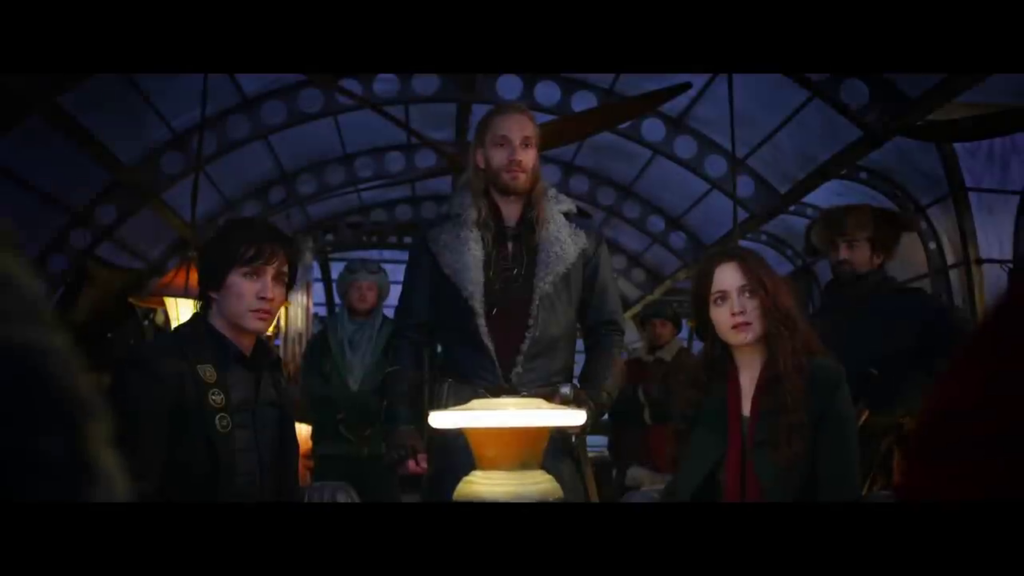
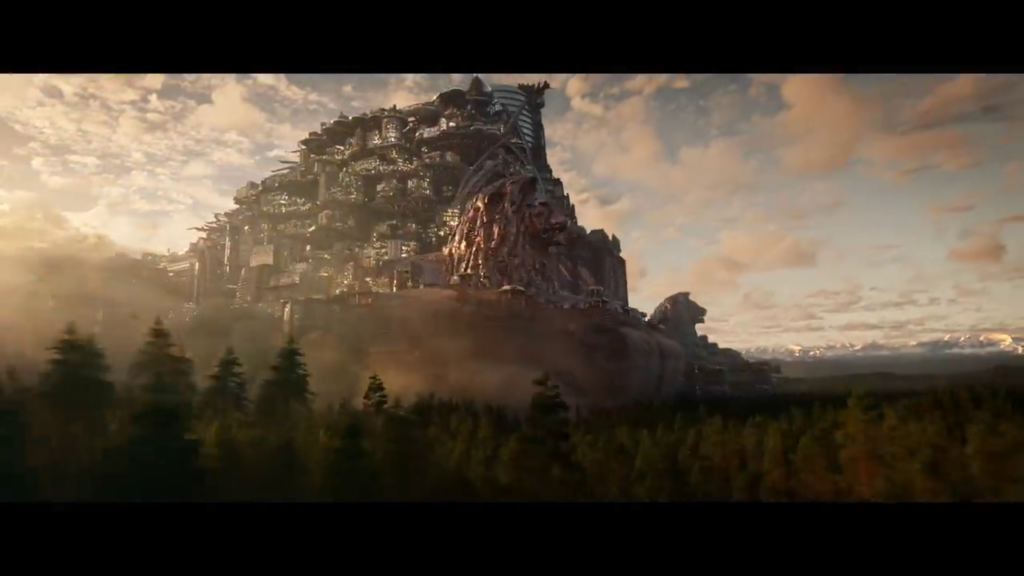
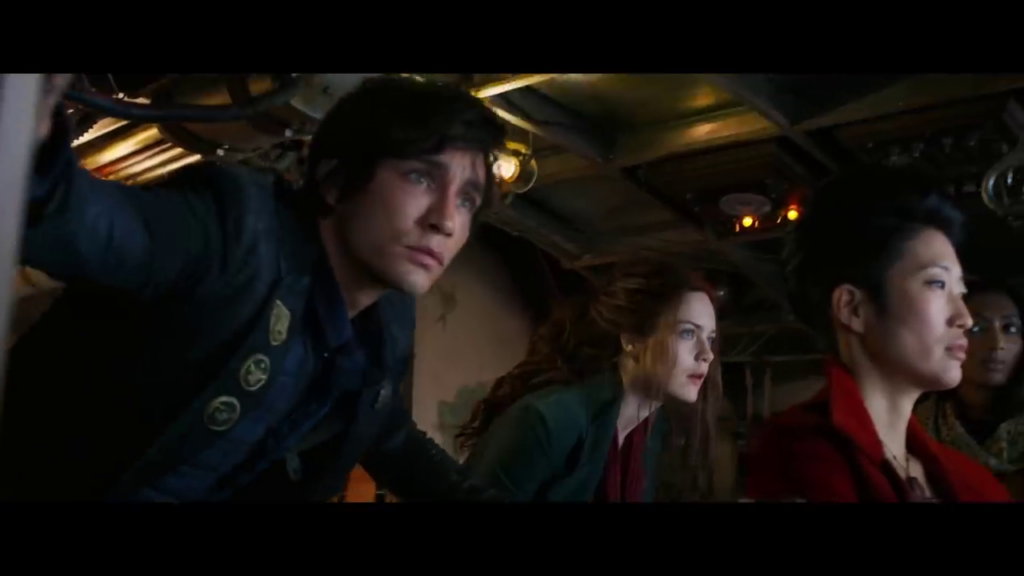
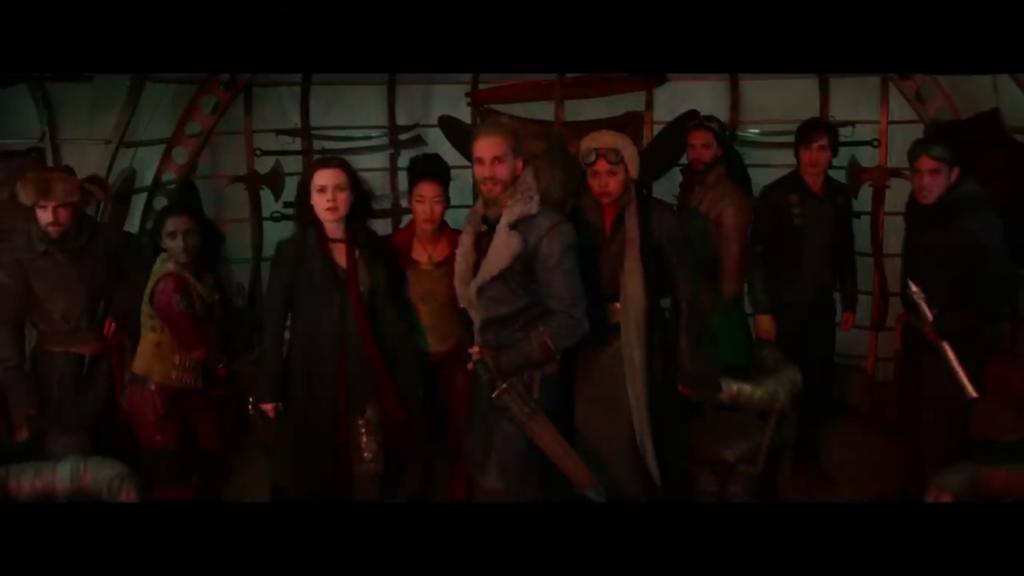
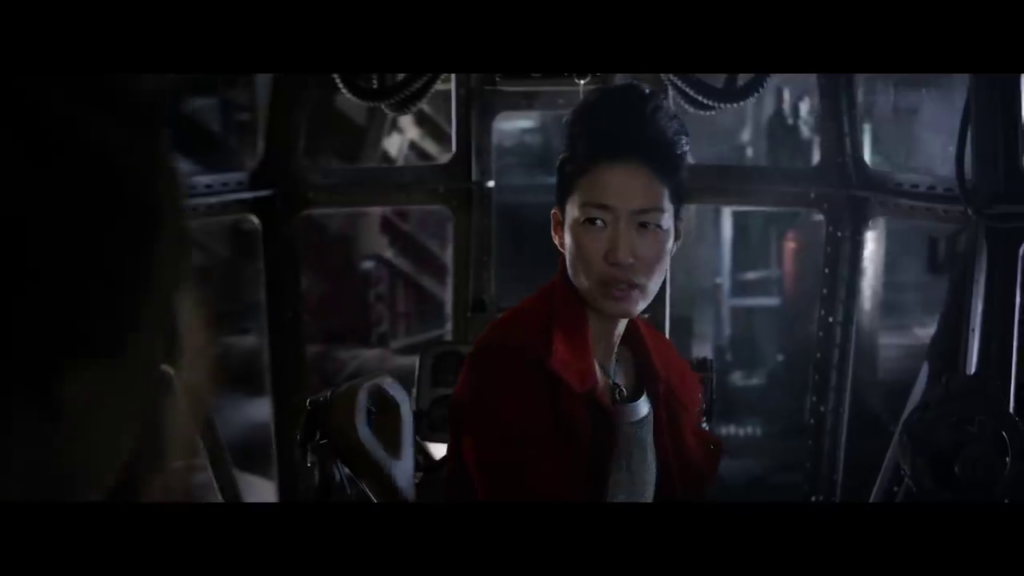
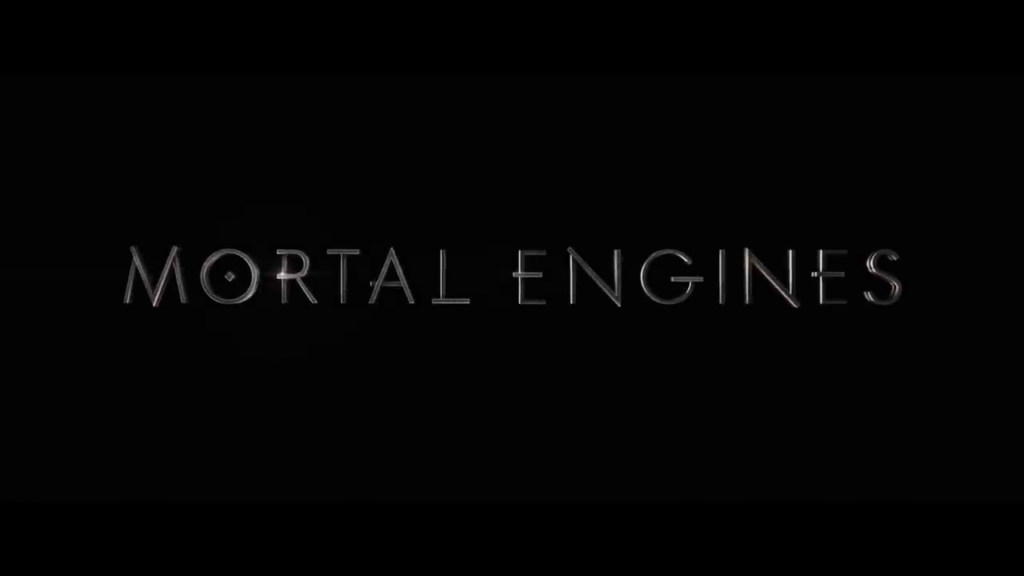
Mortal Engines (2018)
Film review #628
Director: Christian Rivers
SYNOPSIS: A thousand years in the future after a great war, giant mobile towns and cities roam around the continent, attempting to absorb one another for resources. In the mobile city of London, a small mobile town is harvested, among the population is Hester Shaw, a young woman who attempts to assassinate Thaddeus Valentine, a high ranking member of the city, but is stopped by Tom Natsworthy, a young historian. When Thaddeus learns that she told Tom about how he killed her Mother before she fell down a chute, Thaddeus pushes Tom down too, hoping to eliminate any evidence. With Hester and Tom cast out of the city as it rolls away, they must find a way to work together and get back to London before Thaddeus can complete his secretive project…
THOUGHTS/ANALYSIS: Mortal Engines is a 2018 sci-fi film based on the novel of the same name by Philip Reeve. Set a thousand years in the future after a “sixty second war” obliterated the old world, humanity now lives on large mobile cities and towns that move across the continent capturing other towns and cities for scarce resources. London is one such city, and after capturing a small mining town, takes the residents aboard including Hester Shaw, a young woman who attempts to assassinate Thaddeus Valentine, a high ranking member of the city. She is stopped by Tom Natsworthy, a young historian, who chases her down, and reveals to him the secret that Thaddeus killed her Mother before she falls down a chute. When Tom tells Thaddeus this, he is also pushed down the chute, seemingly to erase the evidence. Cast out of London as it rolls away, Tom and Nester must learn to work together to learn the truth and stop whatever Thaddeus is planning. The film starts off, as most of these post-apocalyptic films do, telling how civilisation was wiped out in a war, and introducing the novel concept of mobile cities that move around like giant tanks swallowing others for resources. We get a fairly standard action sequence to kick things off which illustrates the concept well, but perhaps lacking that necessary hook to grip viewers.
The two main flaws of the film quickly make themselves known, in the first twenty minutes we are introduced to character upon character, thrown at us relentlessly. The cast is just far too large, and we don’t really get a strong main character to settle us into the world, and are rather just thrown around a lot. The second issue which stems from this, is that everyone we meet already has a history with everyone else, which just complicates everything tenfold. This feeds into a plot which is tied together with a mass of conveniences, where characters coincidentally meet who just happen to know each other in some way. There’s nothing organic about the development when all of this is just shunted into the film and we as the viewer are made to play catch up as the film explains the nature of their relationships, rather than letting it happen in the present on screen. The two main characters have that very typical relationship of hating each other and eventually getting closer, and you can easily predict every beat in their relationship and when it’s going to happen, draining any chemistry between them. Thaddeus isn’t really much of an interesting villain either, as his plan just seems to be to blow up a wall so he can go and pillage some non-moving cities in east Asia, but we don’t ever see any of them, or what they’re like, so we don’t really get a sense of the consequences of his actions other than blowing up a big wall. Hugo Weaving still turns in a good performance as you would expect, but he just doesn’t really have anything special to do, like most of the characters.
I haven’t read the book, so I’ can’t comment too much on the themes there, but the film does have a theme of “Municipal Darwinism,” with the strong cities absorbing the weak and their resources in order to survive. An interesting idea, but only really mentioned once in the opening and never really explored. There’s also a sense of nationalism/colonialism in having the populations of these cities cheer on as they watch “their” city destroy another, which again is hinted at in the opening and a bit at the end, but never really dug into or forms any part of the plot. I feel this is something that would have been interesting sub-text in the novel, but maybe was flattened out to make the film more Hollywood and devoid of any metaphor or controversy. These might also have had more weight if we saw more than one mobile city throughout the entire film. What happened to all the other big cities? Wouldn’t it have been interesting to see London take on Paris, or any other major capital? As it is, there’s not even a mention of them.
Produced by Peter Jackson, as the trailers are at pains to point out, he lends his skills well to the big battle scenes, and the visuals are good for them. Jackson hired Philip Reeve for his directorial debut to work on this film, and the inexperience certainly shows in all the points mentioned above. There’s plenty that could have been done with this film, I am sure, but as it is, it is a meandering two hours around half-baked plot points connected by huge coincidences and a bloated cast. It fails to make up for the weak plot as well with a lack of excitement, action, humour, or anything else really. Clearly everyone else felt the same, as it was a box office bomb against a huge budget. Mortal Engines stalls before it ever gets anywhere good. The historian characters remark that somehow history is not as they know it, and that it seems to have been changed somehow. I assume this is because the plane has travelled back, but it just seems like an excuse not to be historically accurate (such as the German planes used not being in use until 1942).
The characters are all fairly bland and a typical cast who react to the situation differently. Acting is weak, and we don’t really get any insight into the lives of these characters other than the tropes they are meant to be.
-
#627 – Lucy (2013)
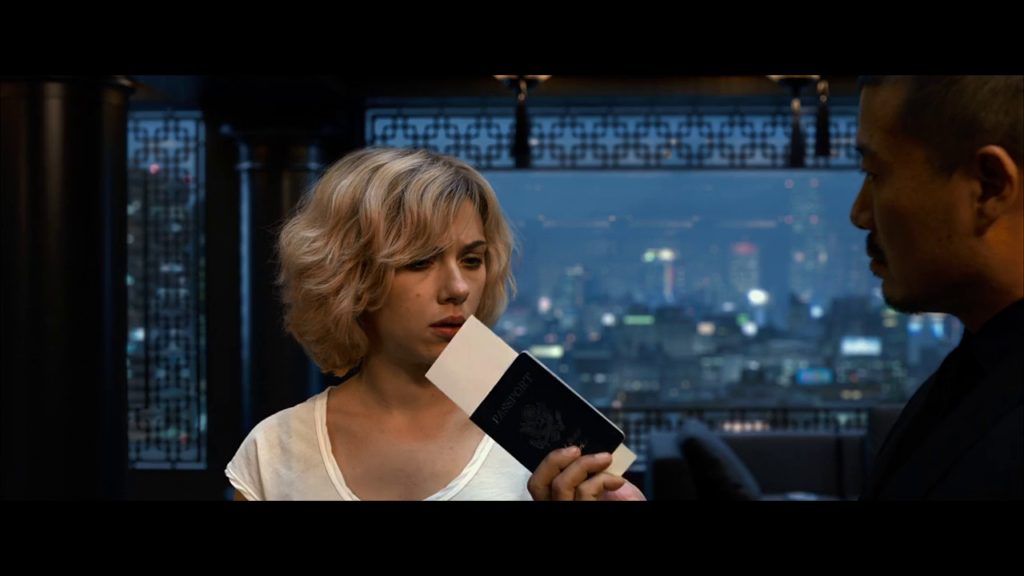

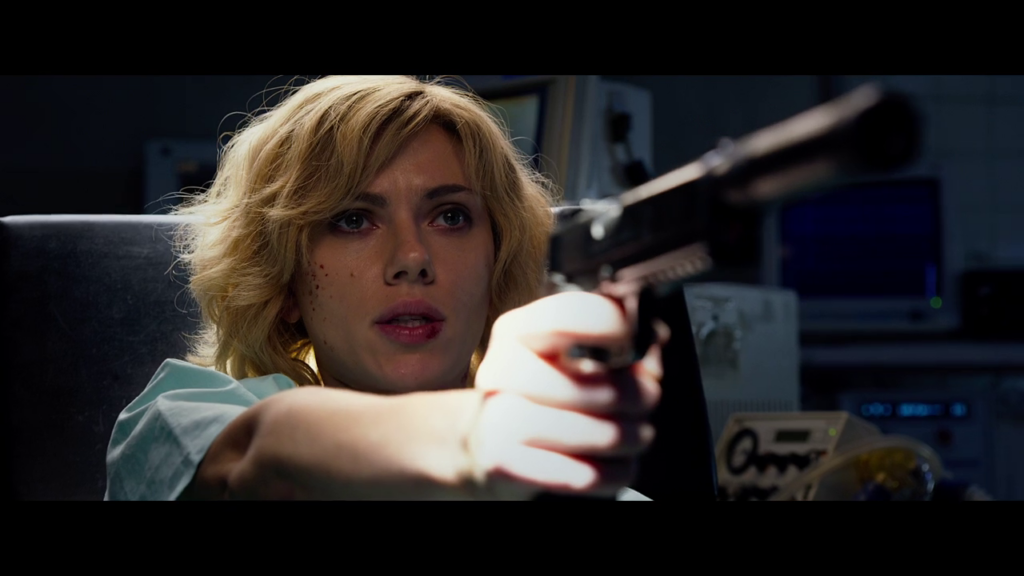
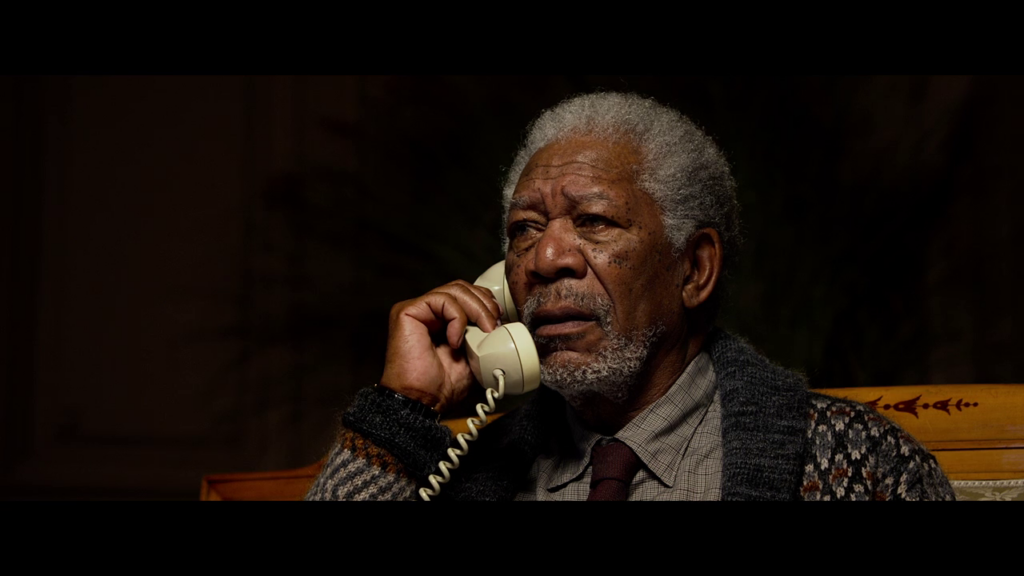
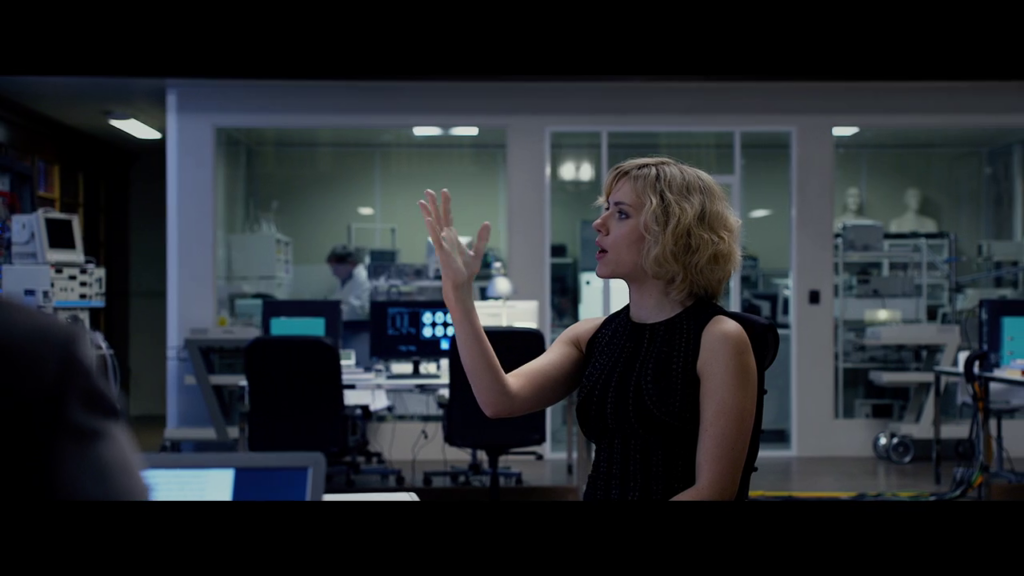
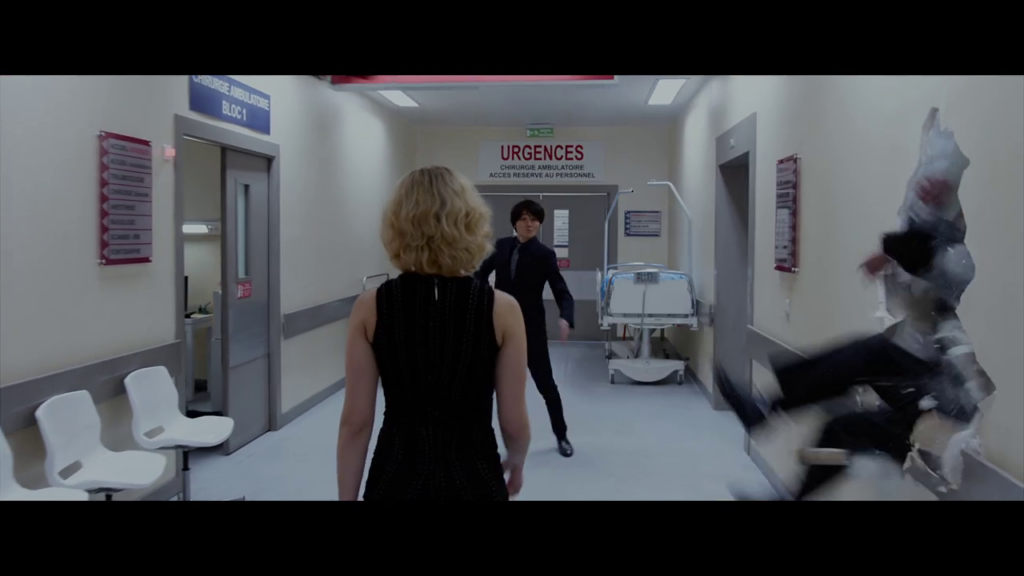
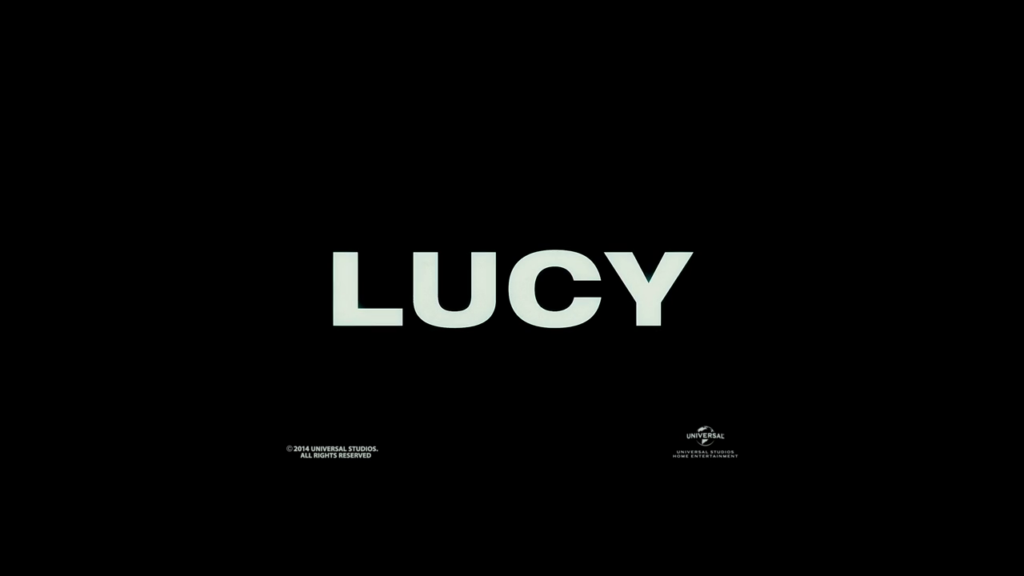

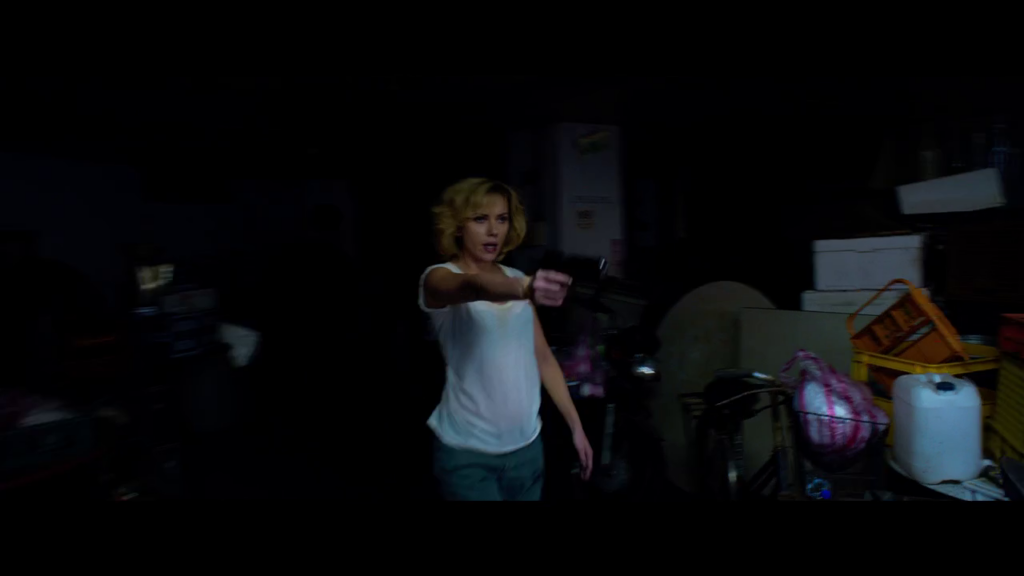
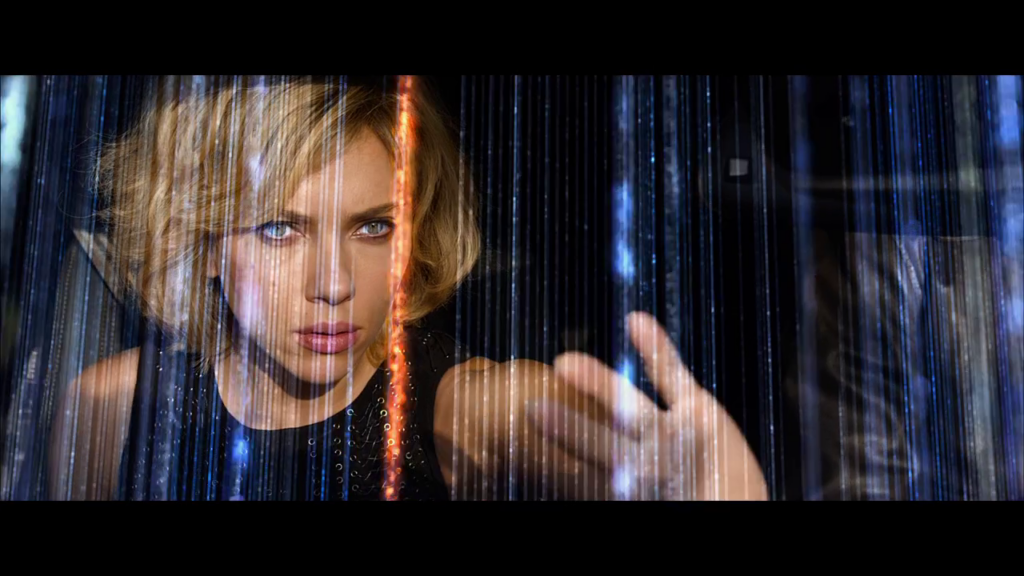
Lucy (2013)
Film review #627
Director: Luc Besson
SYNOPSIS: A young woman is tricked into delivering drugs for a organised crime ring. She has the drugs planted in her intestines to smuggle through the airport, but when the bag starts leaking, her body absorbs the experimental substance, giving her superhuman abilities. As her powers increase and her grip on reality fading, she reaches out to a Professor in the hopes of passing on her experiences before she transcends to whatever happens next…
THOUGHTS/ANALYSIS: Lucy is a 2013 sci-fi film. Lucy is given a briefcase full of experimental drugs to give to a Korean crime syndicate. Things quickly escalate as she is roped into smuggling a packet of drugs to Europe inside her intestines. When the package inside her starts leaking, her body starts absorbing the drugs, unlocking more of her brain power and slowly transcending human existence. She enlists the help of a university Professor to help her pass on her experiences before she unlocks one hundred percent of her brain and transcends her very existence. Blending action, philosophy, and a sprinkle of humour, Lucy achieves a finely balanced weave that viewers can ride on from beginning to end. I enjoyed this film for mainly two reasons: the aforementioned balancing of action, philosophy, suspense, humour and more that allows the film to hit the ground running and never stop. The second is that it’s short: clocking in at just over one and a half hours (about one hour and twenty four minutes excluding the credits), it does what it needs to do and is over. The film covers the philosophical ground of what it means to be human, but doesn’t have the big scenes of silence like 2001 or something similar to give us the space to reflect that. That’s not a bad thing though, it just offers us a different way of doing this kind of speculation.
The film revolves around the popular misconception that humans use only use ten percent of our brains, and speculates what would happen is we started to use more: as Lucy unlocks more of her brain power, she is able to control more and more things around her, including her appearance, matter, and so on. The film has a clear start and end point, and moves along fairly evenly, while still keeping things exciting. The action scenes are well choreographed, and while the premise of the film is based on the aforementioned urban myth about the use of the human brain, it still evokes enough wonder and speculation about what makes us human and purpose to sow the necessary philosophical seeds. The film bears the fingerprints of it’s director Luc Besson (The Fifth Element, Valerian and the City of A Thousand Planets), with colour, energy, and purpose in all the scenes, and Scarlett Johannsen portrays Lucy as both a human figure, who is slowly becoming something else entirely well. The more you think about the scie3ne behind the film, the less it really makes sense, but the philosophical ground is fairly sound. Lucy is a film that never overstays its welcome: it’s careful balancing of action, speculation, and humour does everything it needs to do with a sense of style, and makes it an entertaining ride from start to finish. Just a damn good ride really.
-
#626 – Pacific Rim: Uprising (2018)
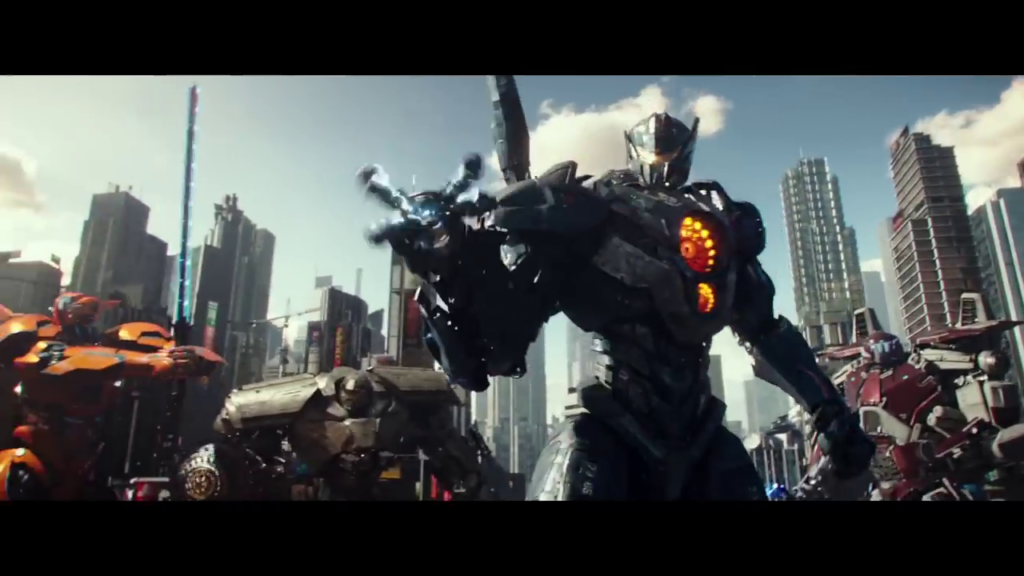
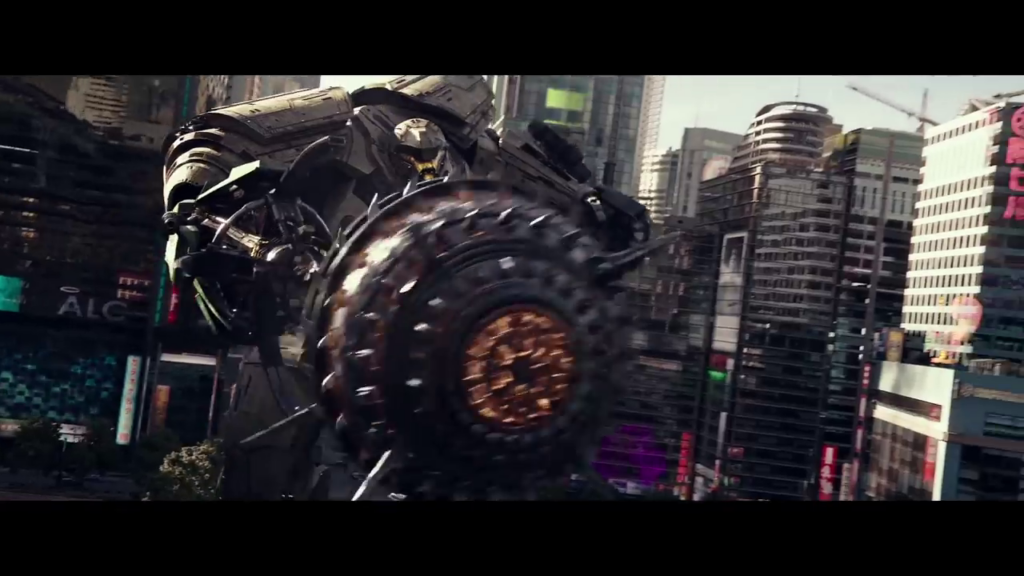
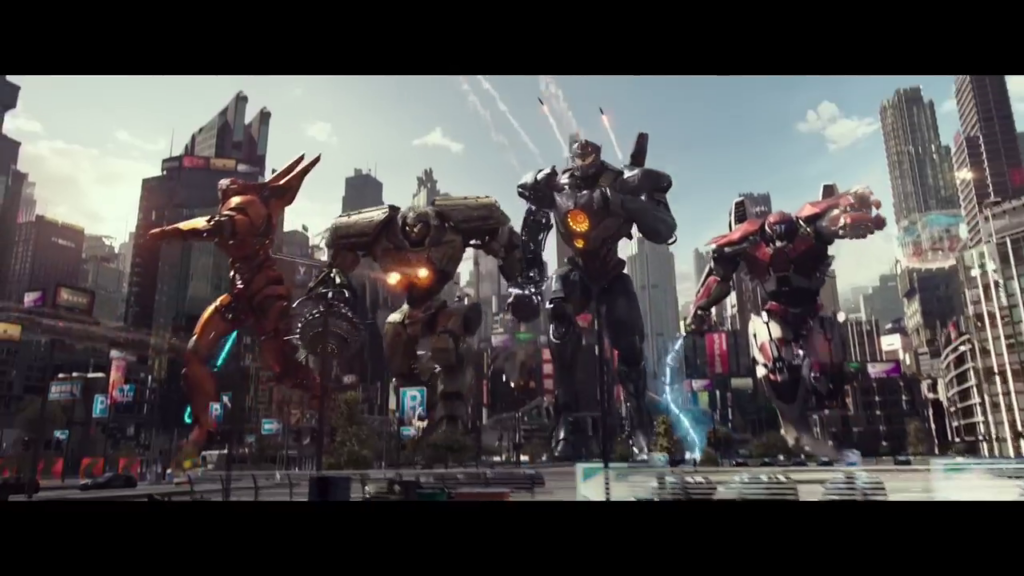
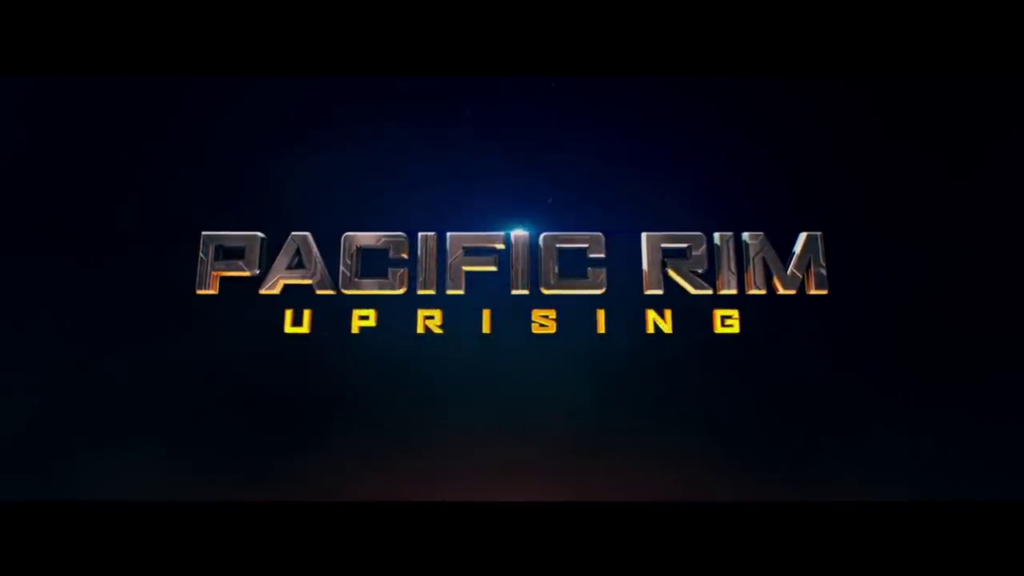
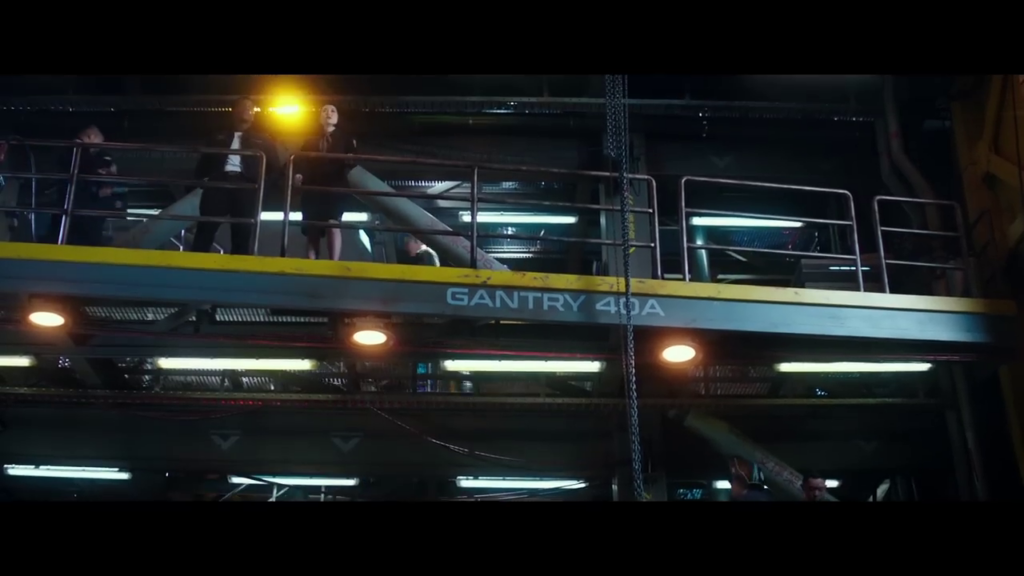
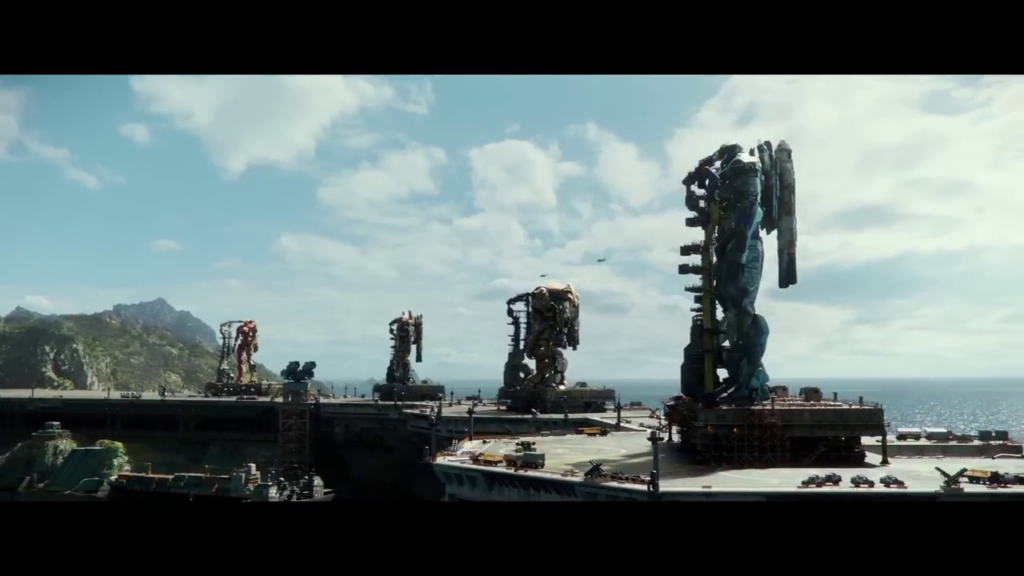
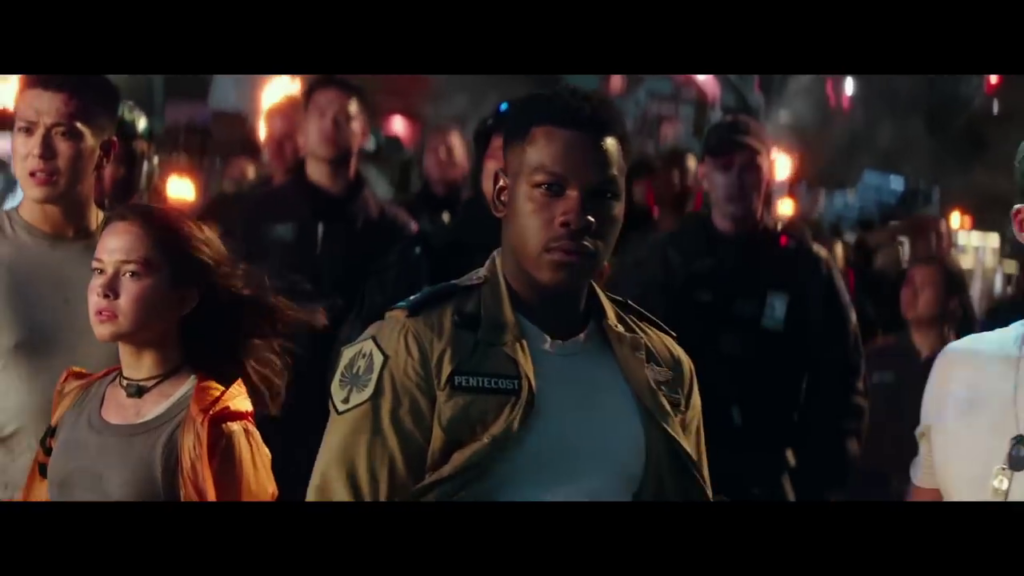
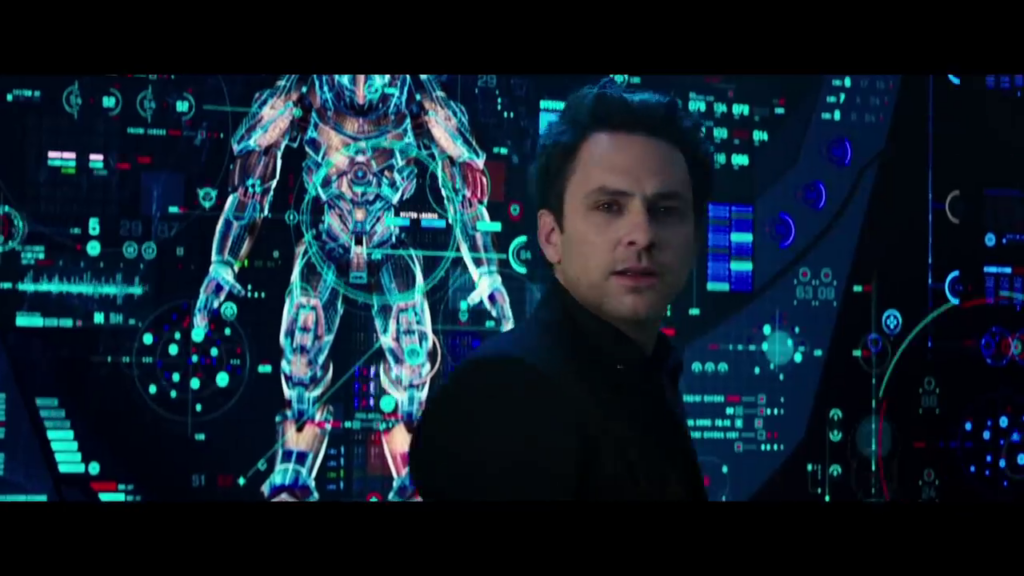
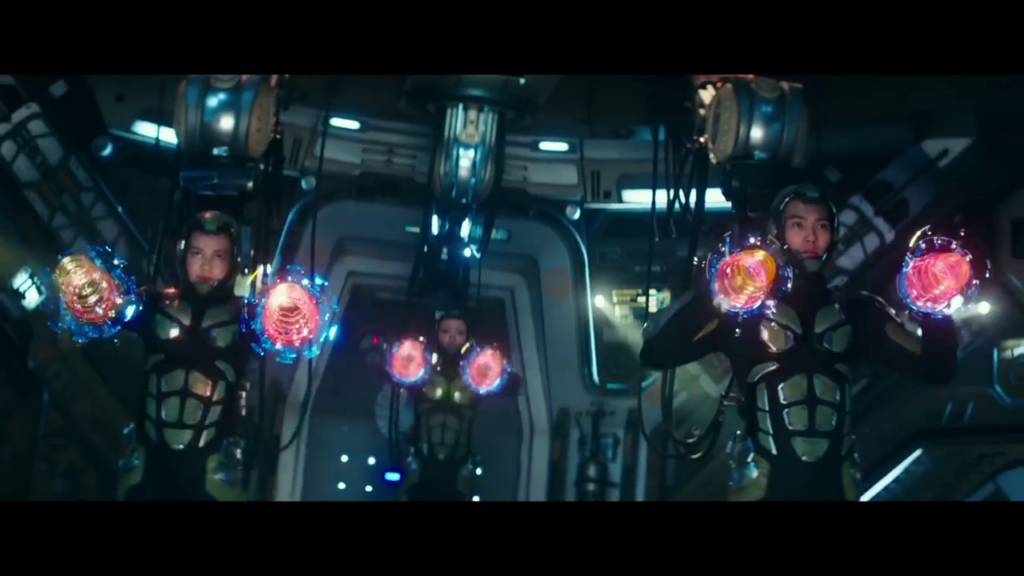
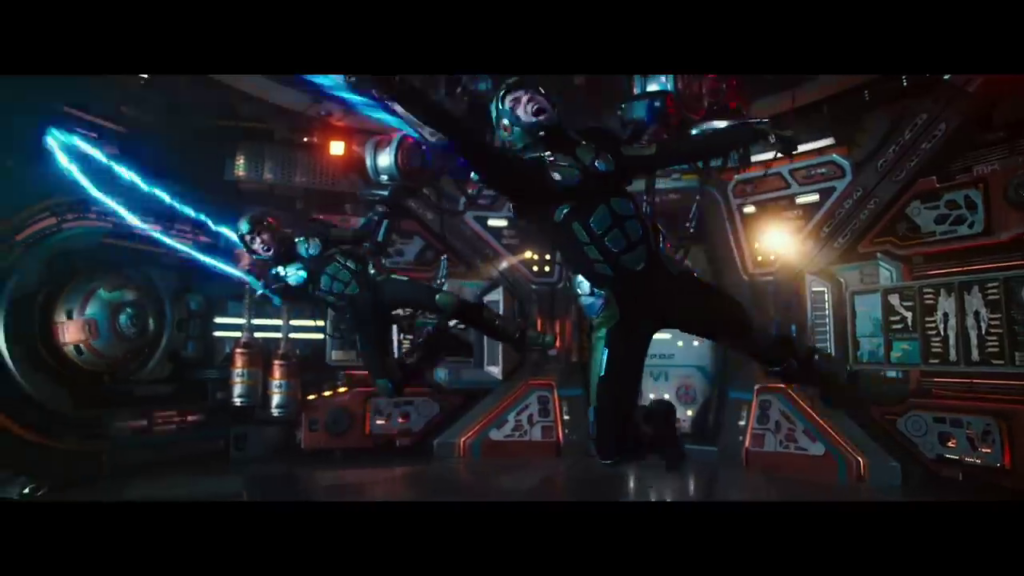
Pacific Rim: Uprising (2018)
Film review #626
Director: Steven S. DeKnight
SYNOPSIS: Ten years after the war of the Kaijus was won and the rift through which they came was sealed, pilot Jake Pentecost is living in ruined Los Angeles selling giant robot (Jaeger) parts. When he has a run-in with a girl named Amara who has been illegally building her own Jaeger from scrap parts, they are caught and given a chance to make up for their crimes: Jake is to train a new generation of pilots, and Amara is to join as a cadet. Both are put to the test however, as a new threat emerges…
THOUGHTS/ANALYSIS: Pacific Rim: Uprising is a 2018 sci-fi film and the sequel to 2013’s Pacific Rim. Set ten years after the vents of the first film, in which the rift through which the giant kaiju monsters was sealed, we see the hero of the first film Jake Pentecost living in the ruins of a Beverly Hills luxury home, as he narrates how the intervening ten years have led to people illegally building their own Jaegers (giant robots used to combat the alien kaiju), and an emerging black market for parts to do so. Jake runs into a young girl named Amara Nanami, who is secretly building such a Jaeger, and when the two of them are caught, are offered a deal to keep themselves out of trouble: Jake is brought back to the academy to train new recruits, and Amara joins as one of said recruits. While behind the scenes some suspicious activity with a company wants to use artificial drones to pilot the Jaegers leads to a new threat and the new recruits having to step up to save the world. The story splits itself into two as we follow both the protagonists doing slightly different things: there’s absolutely no surprises here, and everything unfolds more or less how you would expect it to. There’s just this overwhelming feeling that nobody really knew what to do with the story here: just re-opening the rift and fighting kaijus would have been a direct copy of the original and rendered the victory of the first film somewhat meaningless, so it’s good they just didn’t do that. The trouble is that what they did do is to half re-hash the story by returning to newcomers and training a different generation of pilots anyway. The new story regarding the use of drones to artificially pilot Jaegers is somewhat interesting, but is more or less blown away and discarded when the “real” threat emerges. All in all, it just feels directionless.
The story is obviously not what you’re watching this film for I suppose: you want to see giant robots beating giant monsters, and you do get it…eventually. One of the big differences between this film and its predecessor is that the big fights take place during the day, whereas in the original it was all done in the dark and usually rain. This was one of the common critiques of the first film that you couldn’t really see what was happening during the fights, so it’s good that they actually revised that. There was something quite atmospheric about the night time fights, but I can see why they would choose to avoid that criticism entirely this time around. The characters have reasonably good chemistry, such as between Jake and Amara, but the development of their relationship is so predictable, and at the start of every scene between them you can work out how it’s going to end up. The characters from the first film too don’t really get that much development either, and due to the five year gap between films, I couldn’t really remember who any of them were. There’s just little effort to reconnect us to the characters or expand upon them.
Given that Guillermo del Toro stepped away from directing this film as he did the predecessor, it does suffer from his absence (he directed the Shape of Water instead, which won him multiple awards, so a good move on his part at least). The action scenes are decent and entertaining, but don’t really have much flair. The Jaeger and Kaiju designs aren’t memorable or leave an impression, and again, the effects are okay and solid enough, but don’t stand out. Pacific Rim: Uprising fails to build upon its predecessor; stumbling around well-trodden story beats to try and distinguish itself form the original, but just never achieves that aim. Some of the characters have chemistry, but it’s all done in such a cliché manner that you don’t even need to see it; the predictability of all the dialogue is nauseating and feels like a waste of time. The fight scenes are entertaining enough, and are obviously what carry the film, but everything else is directionless and muddled. Overall, a lack of ideas overshadows the film, but like the original it’s an okay action film. Although that said, you’ll probably want to watch the original over this one, as it at least was self-contained and didn’t have the pressure of re-treading old ground like the sequel has to.
-
#625 – The Wizard of Speed and Time (1988)
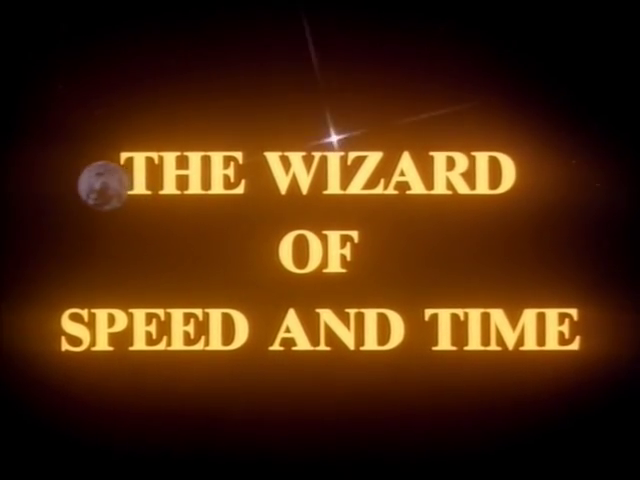
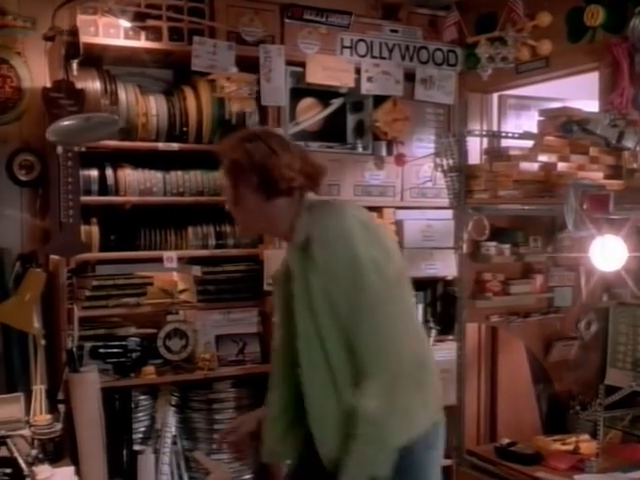
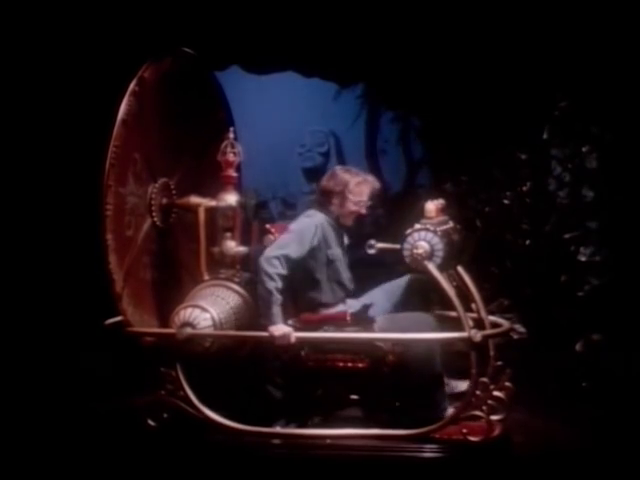

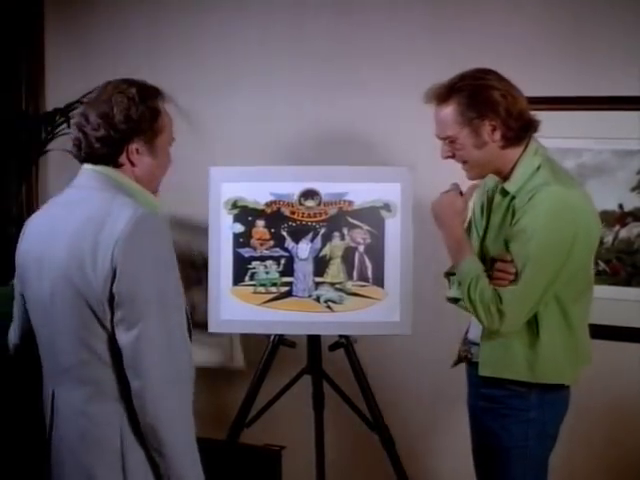
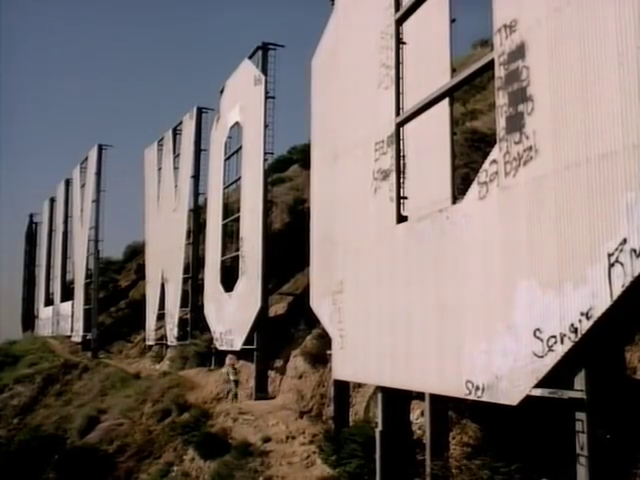
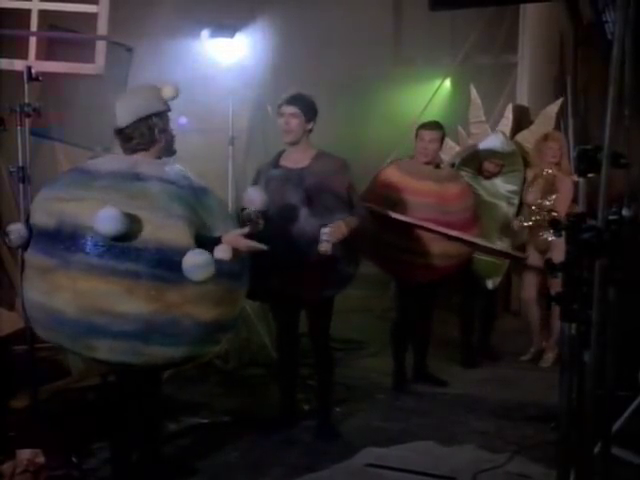
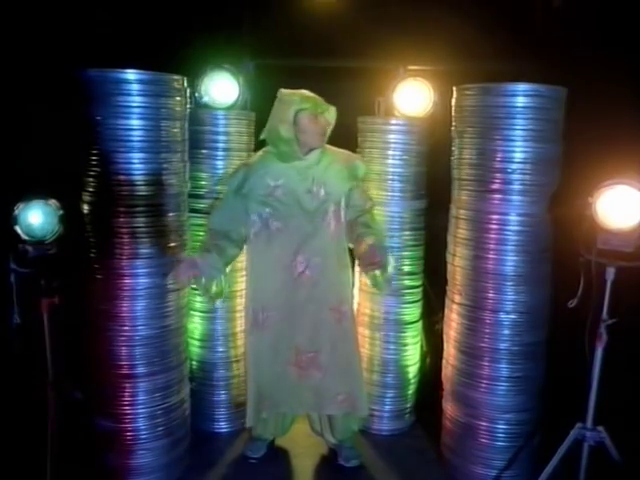
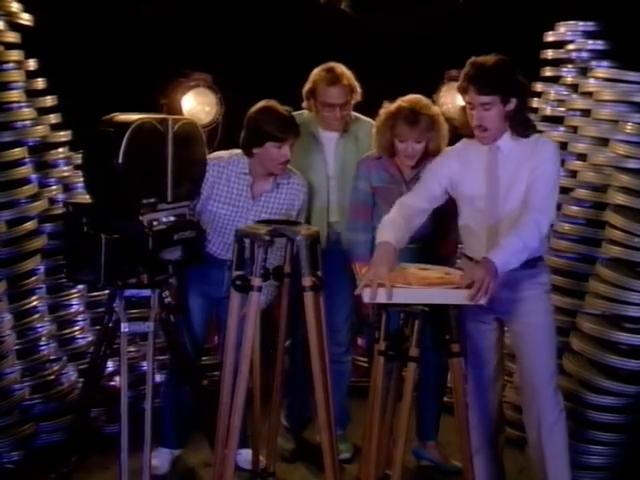
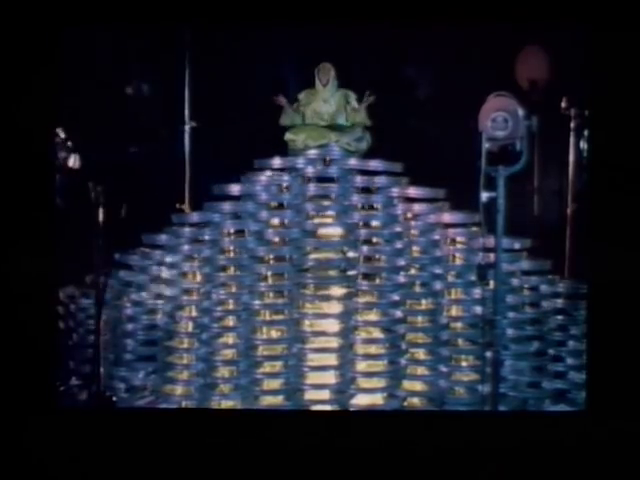
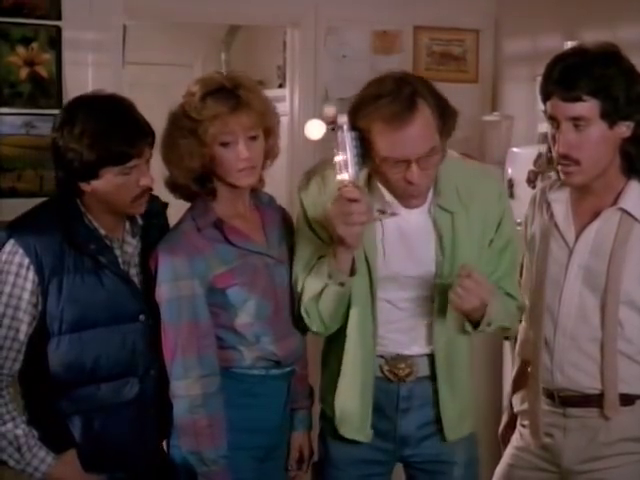
The Wizard of Speed and Time (1988)
Film review #625
Director: Mike Jittlov
SYNOPSIS: Mike is a stop-motion special effects artist who is trying to make it in Hollywood and get his screenplay produced. When his script catches the eye of some executives, they hire him to work on a feature for them, but being executives, they also make a bet on whether he can actually pull it off. Mike has to somehow assemble a crew and get his film done in the hopes of being paid…
THOUGHTS/ANALYSIS: The Wizard of Speed and Time is a 1988 semi-biographical film. Directed, written, produced, and just about everything else by Mike Jittlov, the film stars Mike Jittlov as Mike Jittlov (surprisingly), a special effects artist who is trying to make it in Hollywood. He gets his big break when some Hollywood executives task him with producing a feature. However, the execs make a bet with each other that he will not be able to complete it in time, so Mike must navigate that trials and tribulations of making a film in Hollywood to get it done on time. The film is an expansion of the short film of the same name, which was a showcase of some really creative stop-motion effects, and wrapping a semi-biographical story around it. The story is a fairly simple one, which takes swipes at the Hollywood film industry, as well as showcasing the frustrations Jittlov himself experienced in the industry. Despite that, it never feels bitter or defeated: the humour is quick-paced and sharp enough in it’s satire that it pokes fun without being mean-spirited. Also, the focus of the film is ultimately in it’s stop-motion scenes and effects that triumph over any negativity, expressed through statements of affirmation and positivity hidden within the sequences. This is also the message of the film in general as well: that the making of films, and the creativity, outshines any attempt by the film industries machines to dismantle creativity in favour of profit. The main story about Mike must making a film is a bit bland in isolation, but you can’t really judge the film solely based on that: it would be like judging Jaws solely based on all the non-shark scenes. All the different elements of the film are weaved together well, and there’s just an overall sense of fun and passion that shines through.
Packed full of little references and jokes that keep the film interesting, and never losing that personal touch, The Wizard of Speed and Time delivers something unique. It avoids the trap a lot of films mostly made by one person of being too self-indulgent and inward looking, but oddly enough, I think this is one of the most personal films of this type I have seen. It is reminiscent of Fellini’s 8½ in a lot of ways, but rather than being a surrealist tour-de-force of the filmmaker, The Wizard of Speed and Time is a lighthearted, celebratory look at filmmaking rooted in it’s time, with that 80’s flair and synth-driven soundtrack that capture the feeling of 80’s Los Angeles. Some of the humour gets a bit too involved with the intricacies of the industry, including union rules and the use of film reels, but these aren’t too much of a problem.
Spending ten years in production, Jittlov refused any financial backing for this film that would have meant sacrificing any of his vision, and I highly respect that. The making of the film reflects the actual making of the film too, and it’s this constant weave of real-life and fiction, interspersed with these explosions of creativity, which makes it so captivating. Apart from the special effects, you’ve got Jittlov doing some intense stunts, such as one scene where he spends two minutes underwater in a pool, which he actually did by holding his breath. The more you realise how much is authentic and done by hand or without stunt doubles, the more you appreciate the film as a whole. Maybe if you’ve got no interest in filmmaking or the creative process, then this film might pass you by, but I genuinely enjoyed all aspects of it, and it rises above the pitfalls of other films mainly produced by one person on zero budget with it’s quick-witted humour and fun visuals.
-
#624 – Tremors (1990)


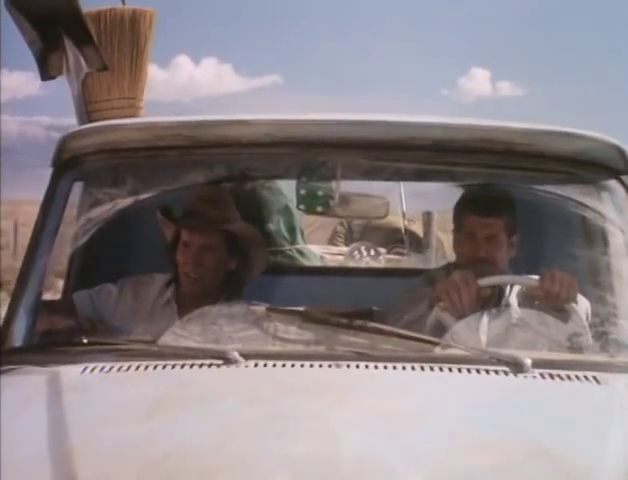
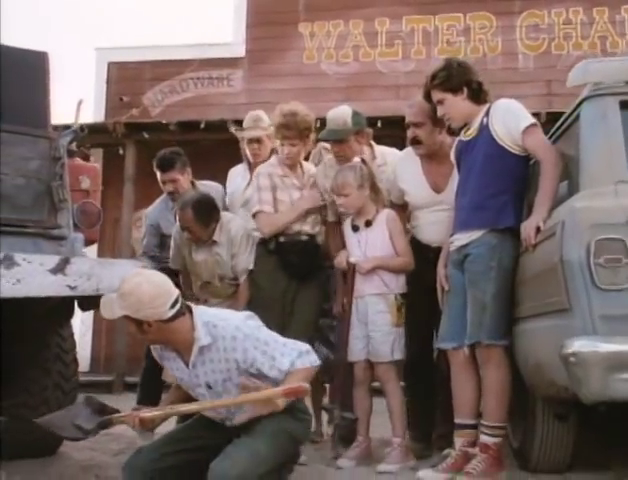
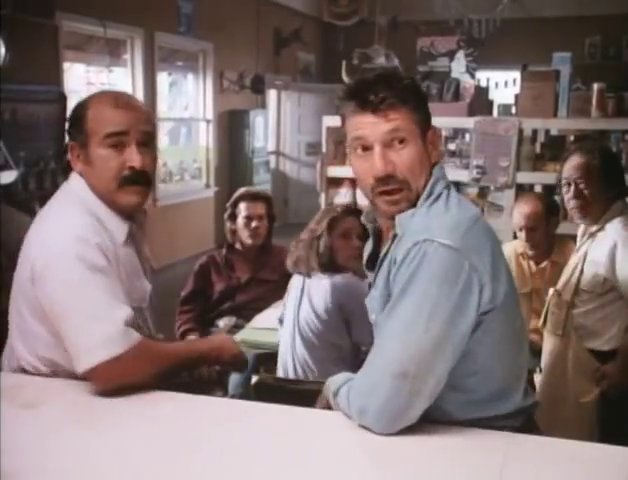
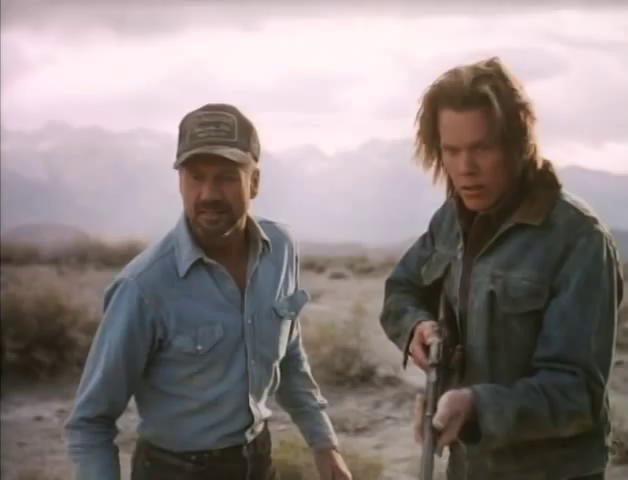
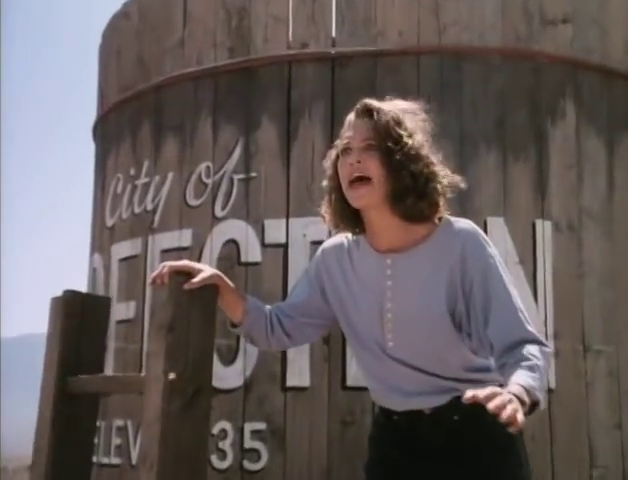


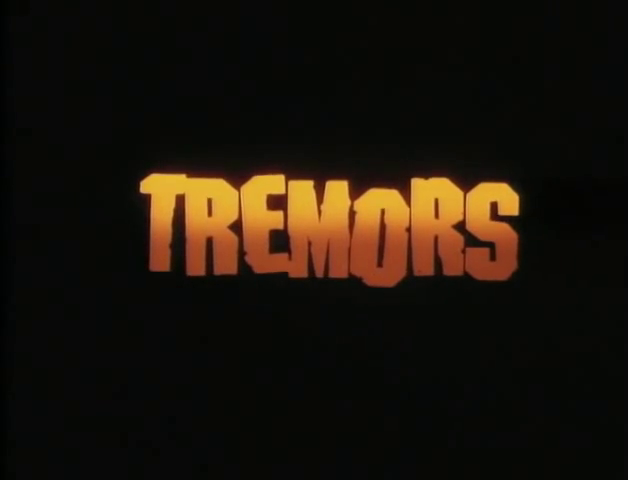
Tremors (1990)
Film review #624
Director: Ron Underwood
SYNOPSIS: Val and Earl are two handymen working in the (very) small town of Perfection, who decide they have had enough and decide to leave for the next town over. However, before leaving, they start to find the bodies of a number of townsfolk. Believing there to be a killer on the loose, they quickly learn that it’s actually the work of giant underground monsters that are picking off the population. Trapped in the town with no communication with the outside world, what remains of the town must band together to see off the threat before they become it’s next meal…
THOUGHTS/ANALYSIS: Tremors is a 1990 monster film. The film centres around Valentine (Val) and Earl, two handymen who live in the small town of Perfection in the middle of nowhere. They have plans to move to the town of Bixby, but on the way, they come across a number of Perfection’s residents who have been killed, and head back to Perfection to warn everyone. It turns out that the killings have been perpetrated by huge worm-like monsters living underground, who are dragging people down to their doom. As such, Val, Earl and the rest of the tiny town must band together to defeat the worm threat. The film has the flavour of a classic 50’s monster movie, harking back to a time when low budget monsters terrorised small American towns. Tremors is not so much a homage or parody of the films of those times, but a mix of comedy and horror that I think is best described as refreshing: it takes the key elements that made those films successful, but recharges them with a burst of energy that makes them feel up to date, with horror that balances tension and gore, while also slanting everything with a sense of humour that keeps things fun, without resorting to the easy parody of those classic films and taking cheap shots at their low budgets and cheap productions. It’s silly and goofy, without being degrading to the horror element, which is a very fine line the film walks well.
Strong chemistry between Kevin Bacon and Fred Ward as the leads really drive the film, and they’re quite different from the heroic, square-jawed leads that we used to get in monster movies. The rest of the supporting cast too feel genuine, and while may be more one-dimensional character, fill out the town’s population with authentic life. The creatures themselves are brought to life with some super cool practical effects that strive more for that classic b-movie feel rather than trying to be “real,” are nevertheless very well done, and they have a very destructive energy and scale whenever they are on screen, lending a strong sense of terror.
On paper, Tremors perhaps looks like another attempt to pay homage or parody the classic b-movie era of science-fiction movies, but it offers a pleasant surprise by exceeding in all aspects of it’s production. The film is kept energetic and fun thanks to it’s cast, and a genuine sense of improvisation that the characters have to do to take on monsters that they have never considered as existing. Balancing the line between horror and comedy exceptionally well, it carves out it’s own path with likable characters and plenty of terror and destruction. It’s difficult to find anything that’s done badly in this film: everything it does, it does well. Maybe it doesn’t quite shake that hokey, cheesy feeling some might get from the classic monster movies, but you shouldn’t be really looking for it to do so. Entertaining, silly, and terrifying all in one, Tremors rarely misses a beat, and is a refreshing take on the genre, rather than a reinvention that is nevertheless a captivating experience.
-
#623 – Invisible Dad (1998)
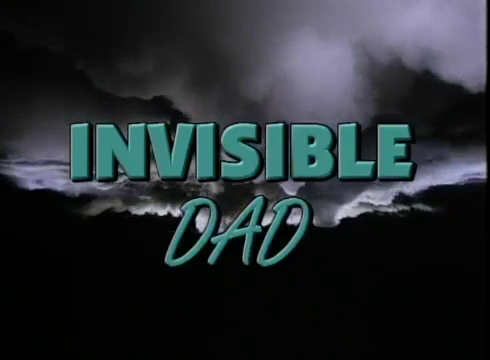
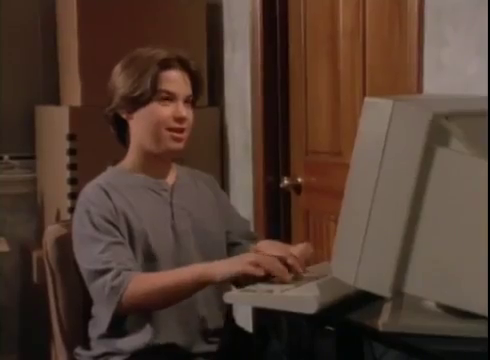
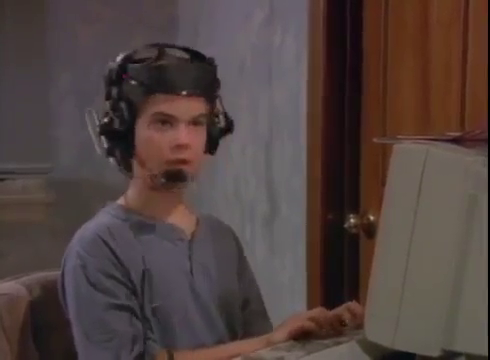
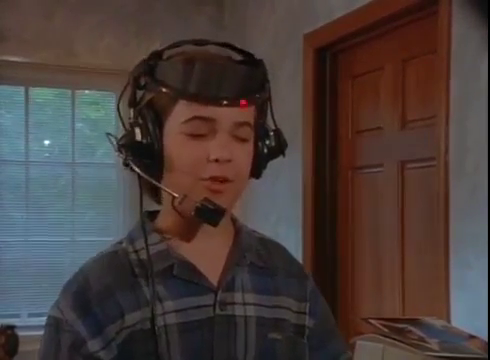
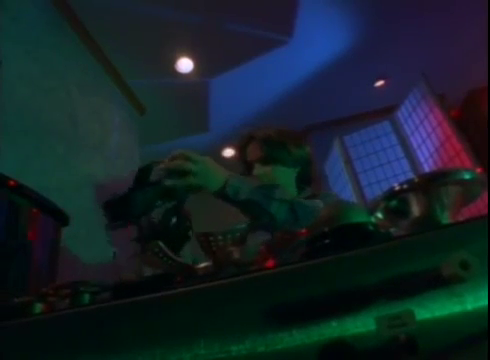
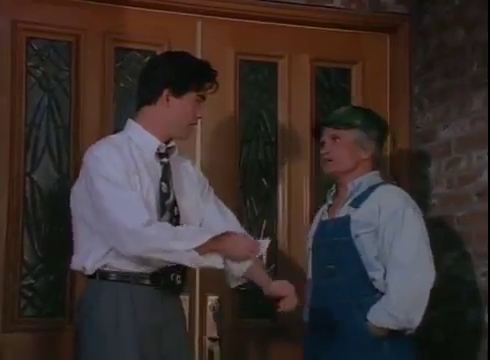
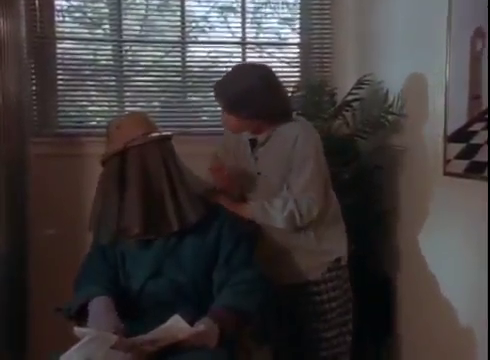
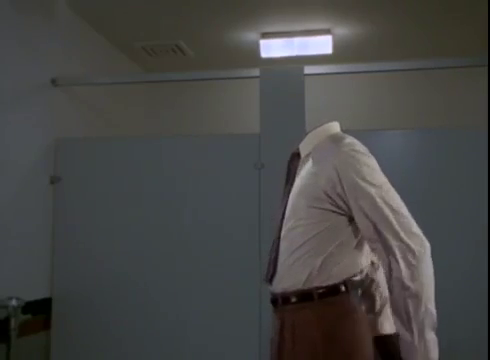
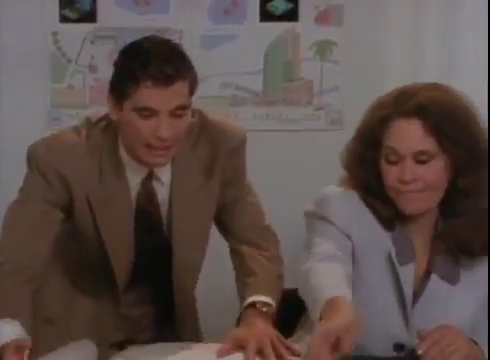
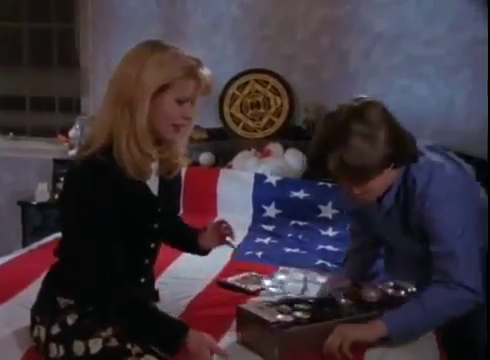
Invisible Dad (1998)
Film review #623
Director: Fred Olen Ray
SYNOPSIS: Andrew Bailey often moves around the country thanks to his job, with his son Doug. Arriving in their new home, Doug finds a strange device in the garage left by the former occupant. Hooking it up to his computer, he finds it can grant his wishes whenever he wears the headset to communicate with it. When he inadvertently turns his dad invisible, chaos ensues as Doug has to find a way to turn him back.
THOUGHTS/ANALYSIS: Invisible Dad is a 1998 sci-fi children’s film. It is somewhat a sequel to the 1996 film Invisible Mom by the same director, but features none of the original cast or settings. Invisible Mom II was released in 1999 (reviewed previously) is perhaps the true sequel, as it features the original cast and continues their story, so this film just exists in a strange void with no real continuity to the “franchise” (if we can call it that). Anyway, the plot this time concerns Andrew Bailey and his son Josh, who have to move around often due to Andrew’s work as an architect. In their new house, Josh finds some strange inventions in the garage left by the former occupant, one of which he hooks up to his computer. It turns out that this computer can grant any wish by simply speaking into the headset. By anything, I mean anything: Josh manages to make food appear out of thin air, teleport a model directly to his bedroom, and even travel back in time. When Josh’s Dad finds out about it, he tells him to destroy it because it causes too much trouble. Unfortunately, Josh wishes his dad would “just disappear” just before he destroys the device, and he turns invisible. With no way to turn back visible, they must find a way to fix the device.
There’s inherently some issues with the story here: The most glaring one is that Josh finds a device that can do anything: time travel, make anything appear, the works. The fact that the film is just about one man turning invisible is a bit underwhelming when you’ve already established everything else. Josh tries to plead with his Dad that they could print infinite money or anything, but he simply says it is too much trouble, which is a very weak cop-out. The film goes through all the expected tribulations of being invisible, with no real surprises in that regard. There’s a scene where Josh and his Dad are at a restaurant, with Andrew covered in clothes to hide the fact that he is invisible, and they are constantly interrupted by a man who cracks mean-spirited “jokes” after every line of dialogue; I mean, really nasty remarks about how ugly he probably he underneath all those clothes. It’s really odd for a kid’s film. Anyway, on top of the whole invisible thing, there’s also the sub-plot concerning Andrew’s job as an architect, and him needing to turn visible before his colleague steals his idea, and also before said colleague contracts a dodgy builder to build the project using sub-standard materials that will probably collapse and kill whoever is inside. Add in the romance sub-plot, and also the inventing partner of the guy who made the device, who now resides somewhere in the jungles of Africa, and you’ve got a film that is trying to do way too much. Lots of the plot elements get lost in the mix, and the whole invisible thing doesn’t really get enough time or attention to be interesting.
The characters don’t really have anything interesting about them: Josh is a typical lead whose Mom has passed away and he carries around a photo of her and such. It’s not too traumatic for kid’s. His Dad is a workaholic, and doesn’t take kindly to being invisible. There’s also Sandy’s teacher, who he tries to set up with his Dad, who doesn’t really have much of a role to play. However, Josh keeps constantly telling us how hot she is in his narration, which is a bit weird for a kid. Combine this with the pretty dire acting, and you’ve got nothing redeemable on this front.
Aside from the previously mentioned scene of the men-spirited harassment in the restaurant scene, there’s other parts of the film which are morally dubious too. there’s the dodgy contractor who is planning to kill Andrew to get his cheap material on the project he is working on, which never gets beyond meagre threats, but is still an odd addition. There’s also a part of the film where Josh literally goes shoplifting for computer parts, and his caught and thrown in jail. His teacher then breaks him out, and Josh’s Dad just overlooks his shoplifting, because he was doing it to “help him out,” which is a pretty weird message to be giving out in a kid’s film, and also since his character has already been established as not wanting to get into trouble.
Overall, Invisible Dad is a mess. It throws too much into the mix and ends up creating a directionless mess. Even for a kid’s film, there’s just nothing interesting or imaginative for them to latch on to, and I doubt that it would keep their attention long enough. Probably the worse of the invisible trilogy if I’m honest, as while the original had barely anything going on in it, it was at least easy to follow and mostly harmless, whereas Invisible Dad is all over the place, mean-spirited in parts, and sorely lacking in humour or charm.
-
#622 – Invisible Mom II (1998)
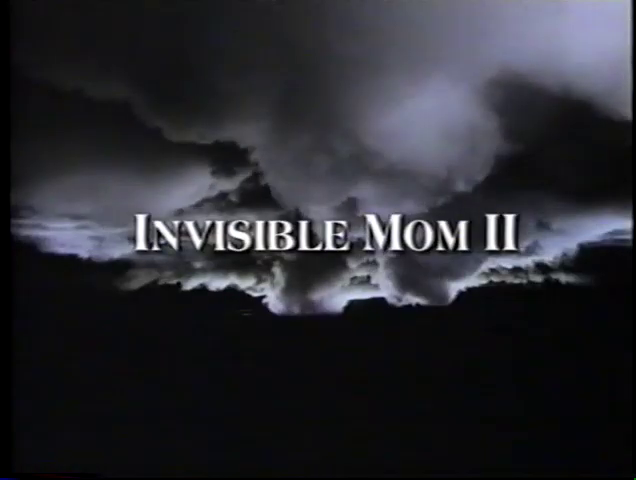
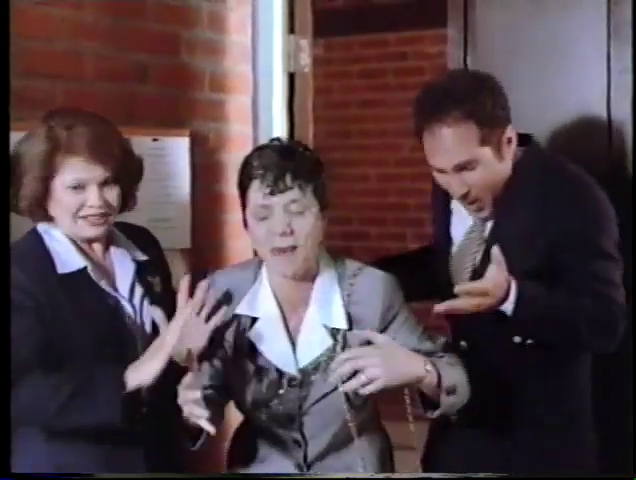
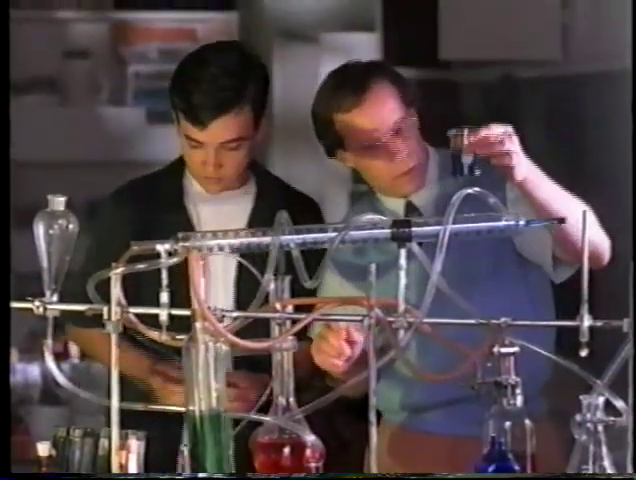

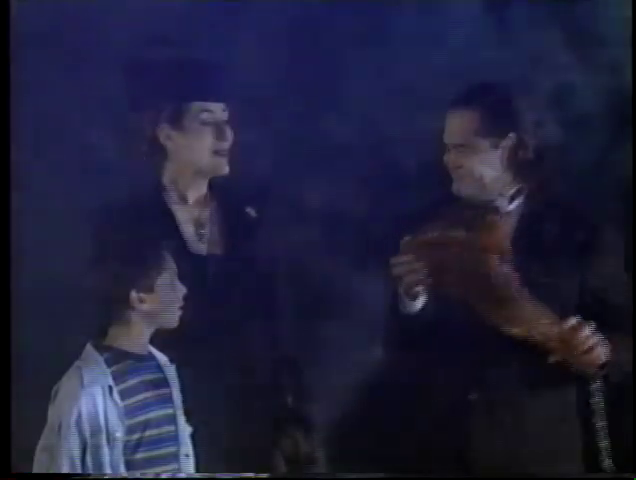
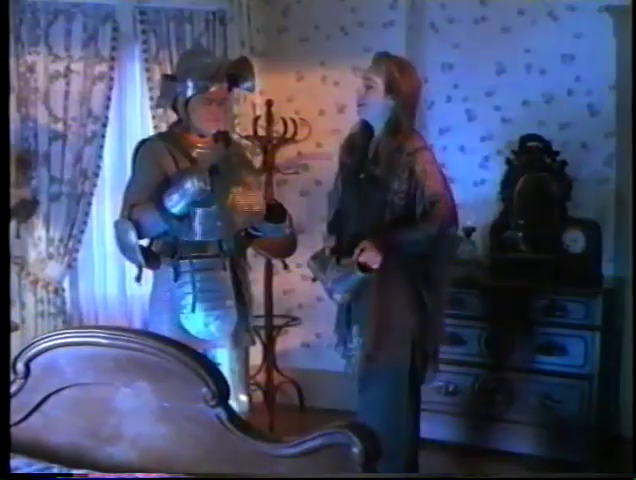
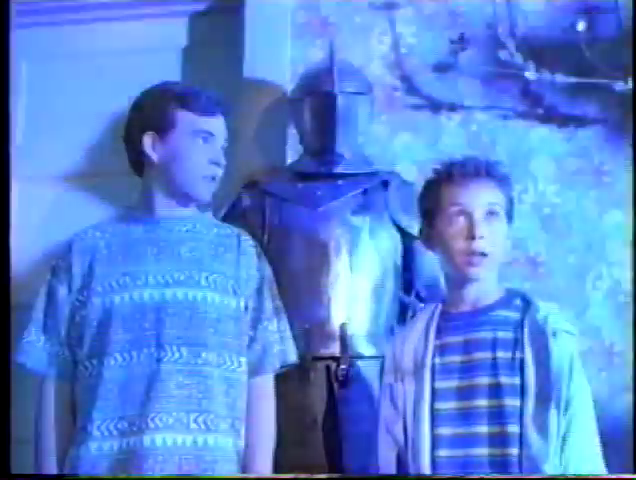
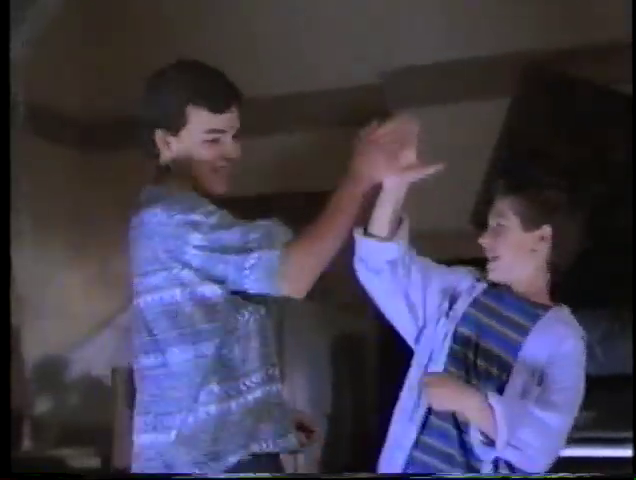

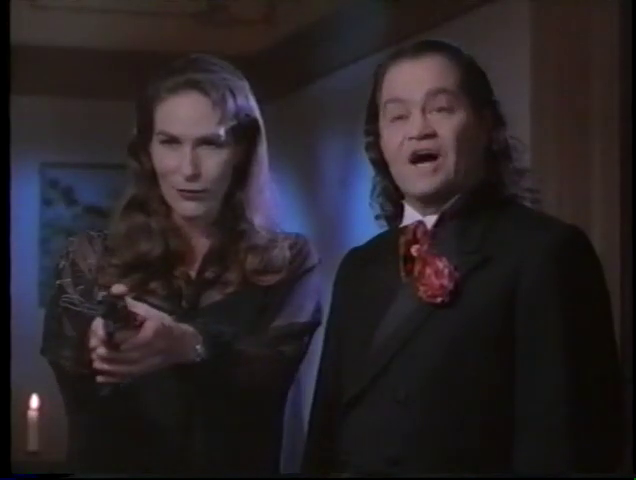
Invisible Mom II (1998)
Film review #622
Director: Fred Olen Ray
SYNOPSIS: When a millionaire passes away, his long-lost grandson Eddie becomes the heir of his fortune. Unbeknownst to him, he is stuck in an orphanage while the hunt for him goes on. He is fostered by the Griffin family, learning that Mrs Griffin has the ability to turn invisible when she is angry, thanks to one of her husband’s inventions. However, Eddie’s cousins take him away to adopt him so that they can claim the inheritance, and the Griffin’s must conduct a rescue before it’s too late…
THOUGHTS/ANALYSIS: Invisible Mom II is a 1999 sci-fi children’s film, and the follow up to the 1996 film Invisible Mom. two years after the events of the first film, we open to…something completely different, as a man lies dying in bed. His nearest family members eagerly await his death so they can claim his vast fortune, but upon learning that their young cousin Eddie is alive somewhere in Foster care and he will get the entire fortune, they hatch a plan to find and adopt him…and eventually kill him like they have the rest of the family to get their hands on the fortune. The plot is a fairly standard one for a kid’s film that’s simple enough to follow, and has distinct, yet goofy villains. It should also be noted that it actually has a plot, unlike the first film, in which barely anything happens other than Mr Griffin’s boss tries to take credit for the discovery.
Speaking of which, it turns out that the antidote Mrs Griffin took to turn visible again was only partially successful, and she still turns invisible when she gets angry…yes, I’m going to go for the obvious joke here: she’s basically The Invisible Hulk. The ending of the first film is hand-waved away, with the formula apparently being taken by the U.S. military and that’s the end of it. You might expect a familiar scenario of Eddie being angry or rebellious about his new foster home but…he seems to quite like it immediately: everyone is quite nice to each other all around, and there is no conflict anywhere: even when Eddie decides to try and clean a stain on Josh’s jacket with a handheld buzzsaw (????), Josh just shrugs and says he didn’t like it anyway. Again, I know this is a children’s film, but I’m sure it’s okay to have a bit of conflict and tension somewhere? The Griffin’s themselves are mostly unchanged from the first film: all the same actors return, although Josh is notably older now as he is a teenager, but we don’t get any exciting new character arcs or development for them.
Eddie’s cousins turn up to adopt him as his only living relatives and to take him to their home, with the intent of killing him off and collecting the inheritance. Josh stows away in their car, and when his parents learn of it, they must conduct a rescue, and Mom has to turn invisible to rescue them. It’s noteworthy that Mrs Griffin barely turns invisible: just three times, the first only happening half-way through the film. Eddie’s cousins as the villains are probably the stand-out characters: they really chew the scenery every time they’re on screen. Bernard is played by Micky Dolenz of The Monkees fame, and really has a voice that you can’t help but listen to. The last part of the film is essentially just Eddie and Josh running about the villains mansion (why do they need the inheritance when they clearly live in a mansion?) while they try to off the children. It’s not terribly exciting, and as mentioned, there’s not much of any “invisible Mom” shenanigans that add anything to the formulaic plot. Despite all these criticisms, it is well acted, with Dee Wallace as invisible Mom, Micky Dolenz as mentioned, and Justin Berfield as Eddie, who would take the role of Reese in Malcolm in the Middle a year or so later. the film tries to have a bit of fun, but loses its way the moment it tries to veer outside the very formulaic plot. Nevertheless, it is an improvement over its predecessor, if only for the reason there is a bit of a story. Still not a great film, and certainly not for anyone other than young kids who can overlook the gaping plot-holes.
-
#621 – Valerian and the City of a Thousand Planets (2017)
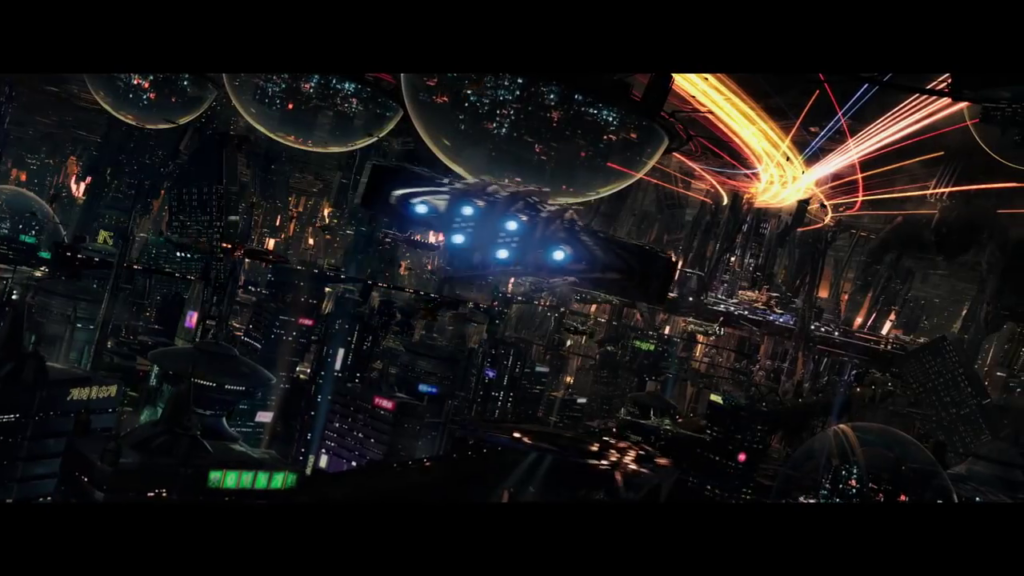
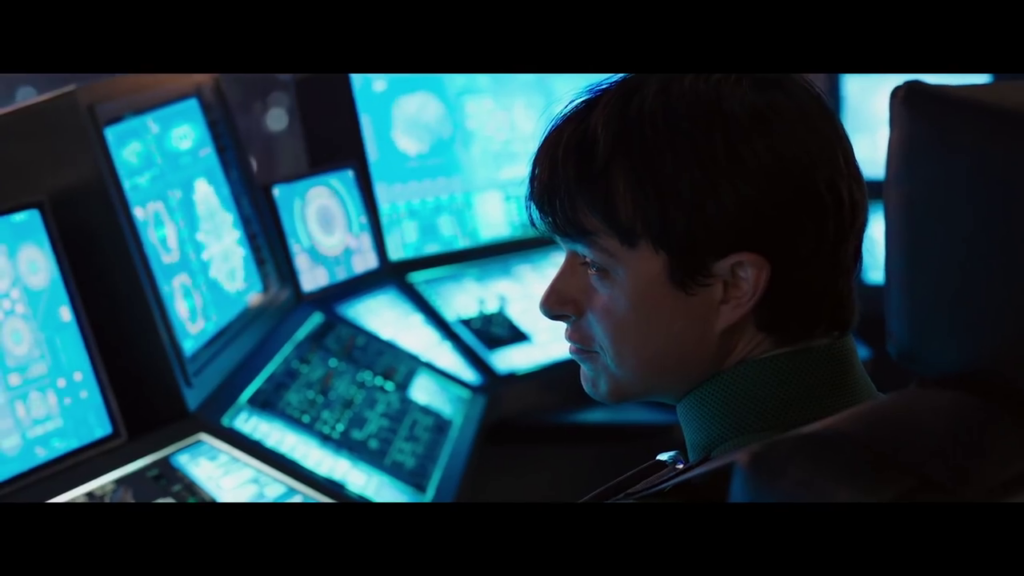
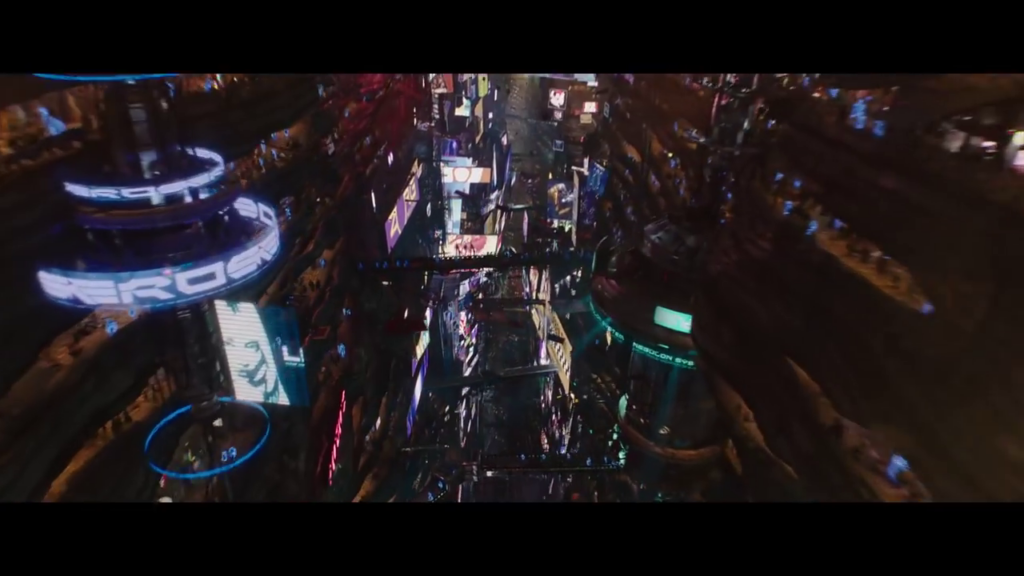
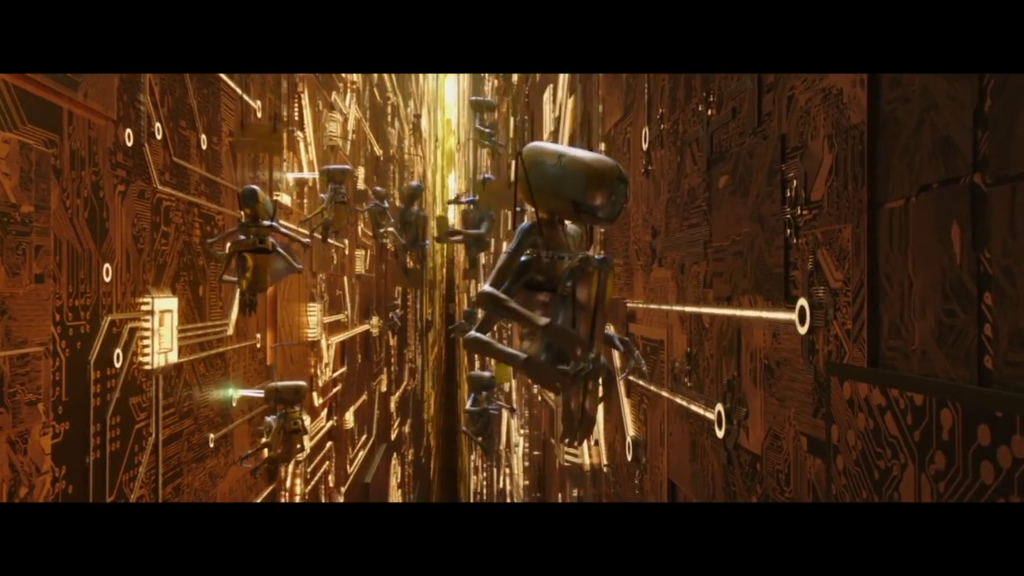
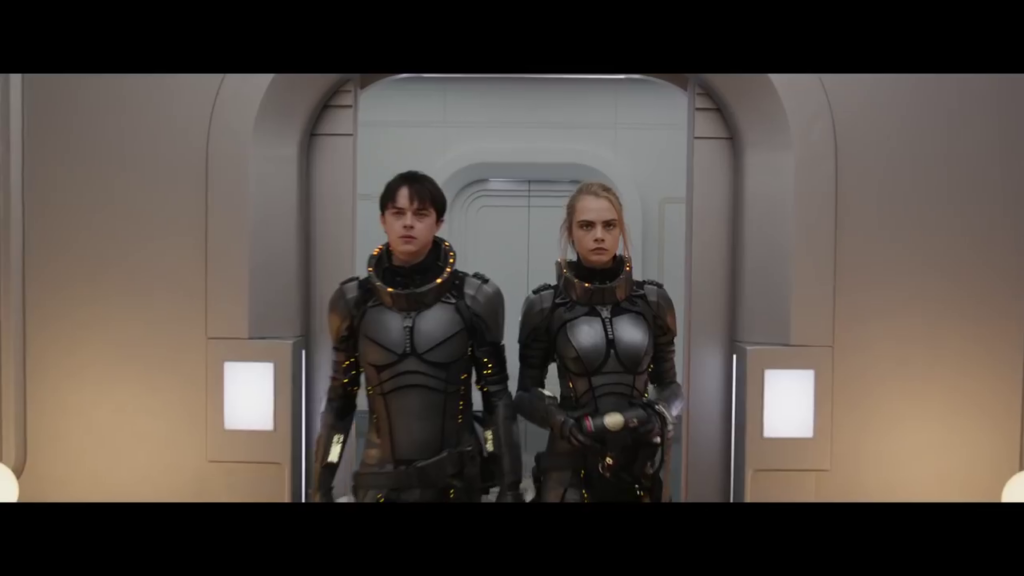
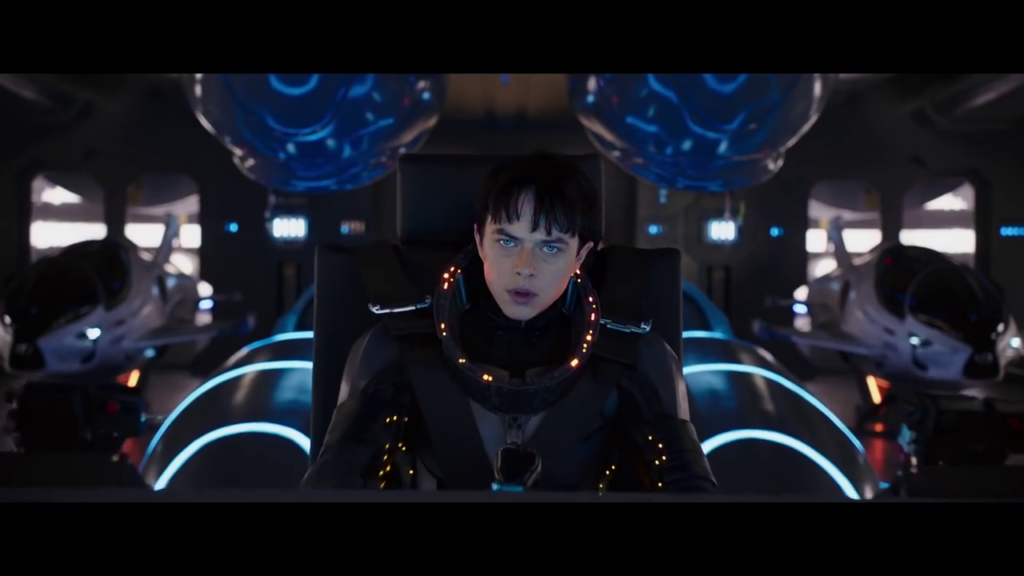
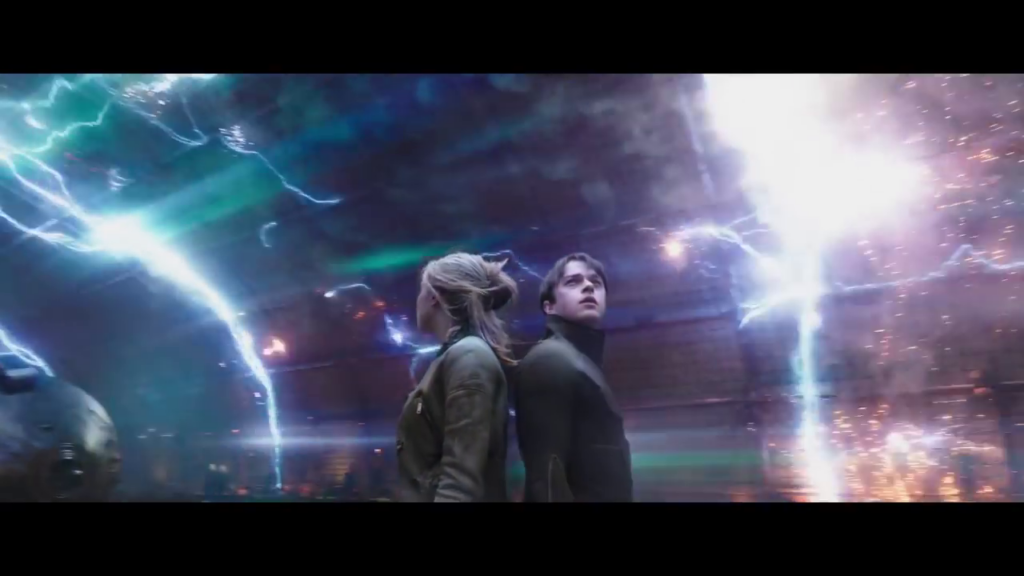
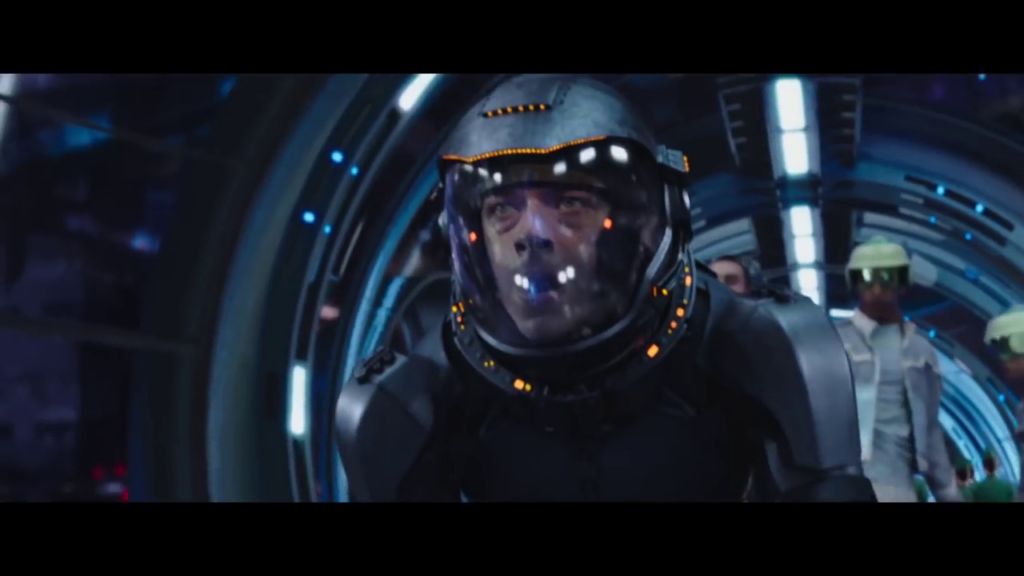
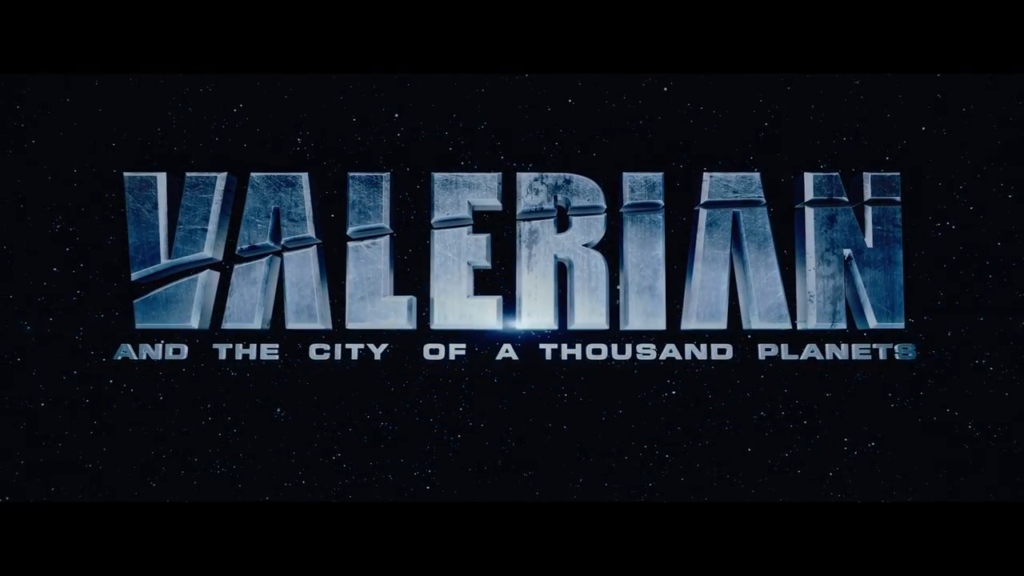
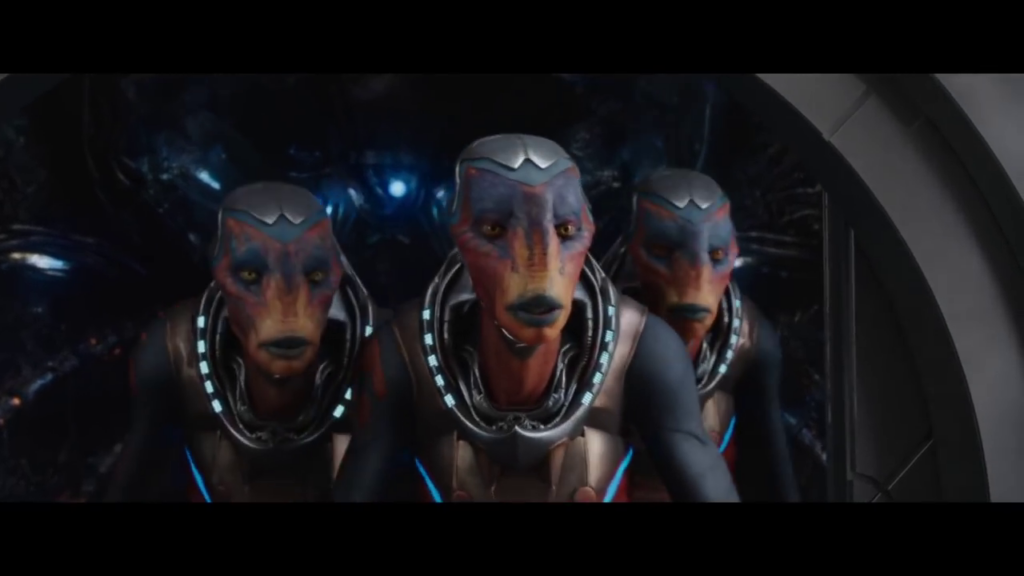
Valerian and the City of a Thousand Planets (2017)
Film review #621
Director: Luc Besson
SYNOPSIS: Alpha is a vast artificial city in space that houses over a thousand different species from across the galaxy. When a mysterious radiation threatens the city, military operatives Major Valerian and Sergeant Laureline are tasked with saving the city, and in doing so, uncover a dark secret that someone is trying to keep buried…
THOUGHTS/ANALYSIS: Valerian and the City of a Thousand Planets is a 2017 film based on the graphic novels of the same name. Humans built a city in space named Alpha, which gradually became home to many different species of aliens as well, and when it became too large, a plan was made to launch it from the Earth’s orbit into space. Some centuries later, the city is home to over a thousand species. Two members of the human military, Valerian and Laureline, are assigned a top secret mission to find out the cause of a radiation leak at the heart of the station that will overwhelm the station in a month unless they can stop it. Directed by Luc Besson (The Fifth Element), the film clearly owes its greenlighting thanks to the success of James Cameron’s Avatar in the sense of having CG non-humanoid aliens being a focus of the film. This is particularly prevalent in the opening scene, which focuses on a race of blue aliens clearly reminiscent of the Na’Vi. This really is a film of two halves: in the first half, we get introduced to the city of Alpha and all of it’s inhabitants, and we get a look at all the creative designs for the different species that reside in the city. We are also introduced to our main characters Valerian and Laureline, two soldiers in the human army, and a story that isn’t too original, but has enough urgency and energy to get things moving. The second half of the film in terms of story really starts to flag, as it resorts to more typical scenarios that don’t offer quite as much excitement. It’s still reasonably entertaining, but you can tell it is playing it safe by falling into using typical tropes. Even with the success of Avatar, perhaps the mainstream filmgoer wasn’t ready for something too alien.
One of the main threads of the film is the relationship between Valerian and Laureline, and the latter’s reluctance to accept the former’s advances. You know that she’ll eventually give in, and the film offers no surprises in that regard, but the journey getting there isn’t told as well as it could be: Laureline says Valerian needs to “grow up” and understand “what love is,” but it never feels like he makes that growth as a character, and she just…accepts him. Despite the strength of her character, she does fall into the role of getting kidnapped for a chunk of the film, and although it does try to not paint her as a damsel in distress, ultimately, that’s evidently what the film does. Dane DeHaan’s performance as Valerian delivers the cheeky rogue-ish elements of his character, but lacks the emotional depth and growth in his performance to underpin the main character’s relationships, as it doesn’t feel like he achieves the growth the film tries to portray he has. The rest of the supporting cast are fine, and don’t really stand out too much. Rihanna as “Bubbles,” a shapeshifting alien, is of note just because of how shoe-horned into the film it feels like it is. The film literally stops while she does a two minute-dance number, and she just shares the screen time until Laureline is rescued and she dies, being never mentioned again. It’s…a cameo that wasn’t necessary but someone obviously wanted in there.
In terms of effects and CG, it’s certainly impressive in terms of scale and creativity. Over two hundred species were designed and feature in the film in some way, and while we don’t get much depth into most of these aliens, we certainly get a more interesting variety than we do in Avatar. The action scenes are fast, colourful, and showcase more of the alien designs, but I can’t help but feel like this diversity could have been weaved more into the story somehow, as despite all of these alien species, the film focuses a lot on human affairs and leaves the aliens in the background. Overall, Valerian and the City of A Thousand Planets looks good, showcases a lot of creativity, and is fast-paced and entertaining, but equally is hampered by a fairly flat script full of unoriginal plot points, and a lead performance that doesn’t hit the notes it needs to. Fairly balanced between its positive and negatives, but entertaining enough to sit through despite its flaws.
-
#620 – Thirst (2015)
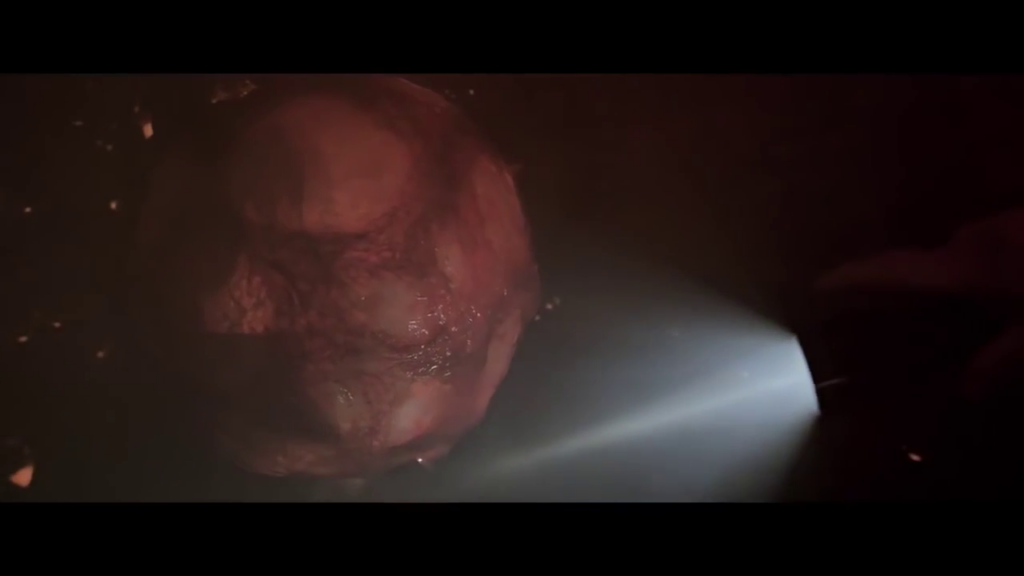
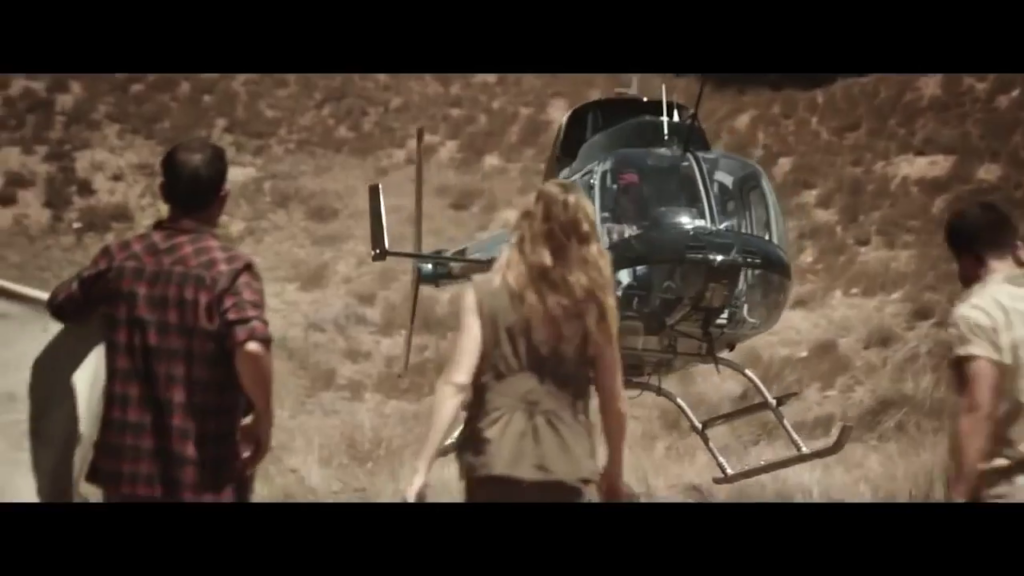
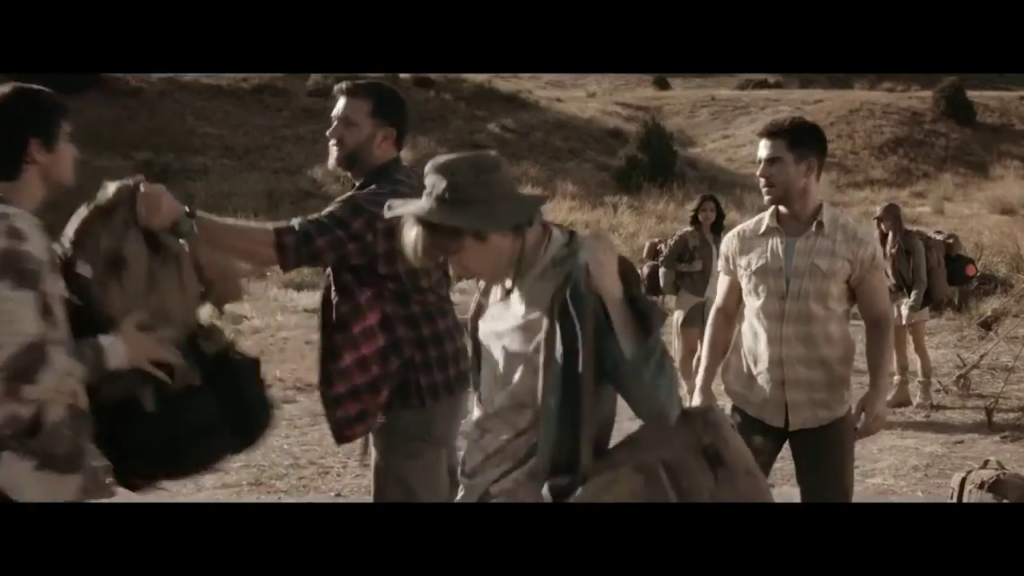
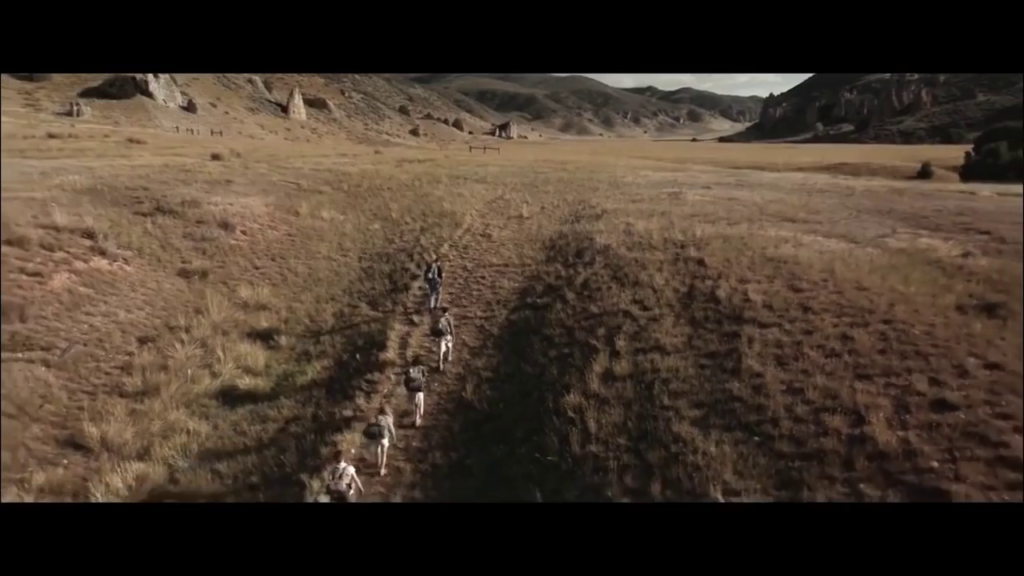
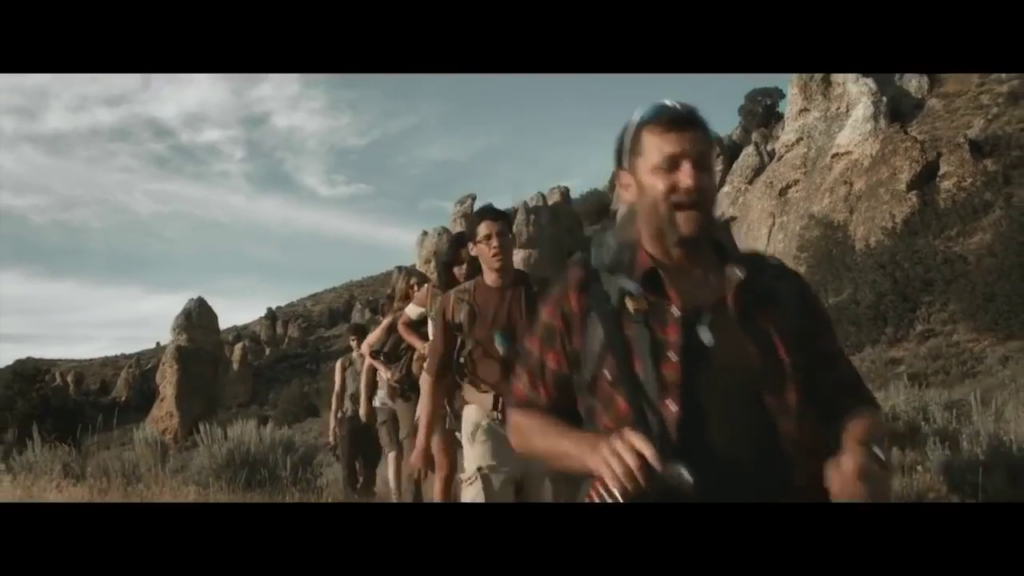
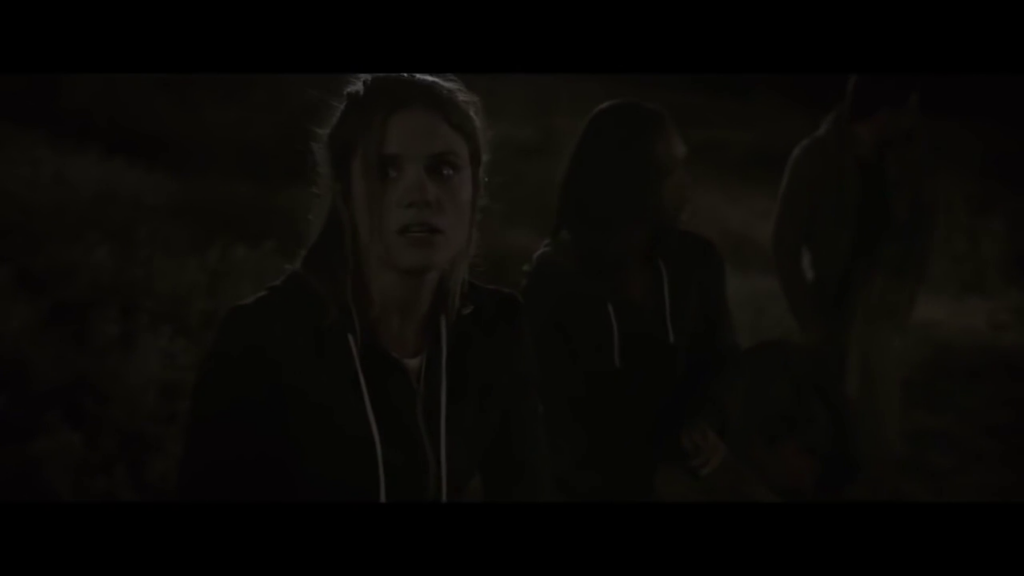
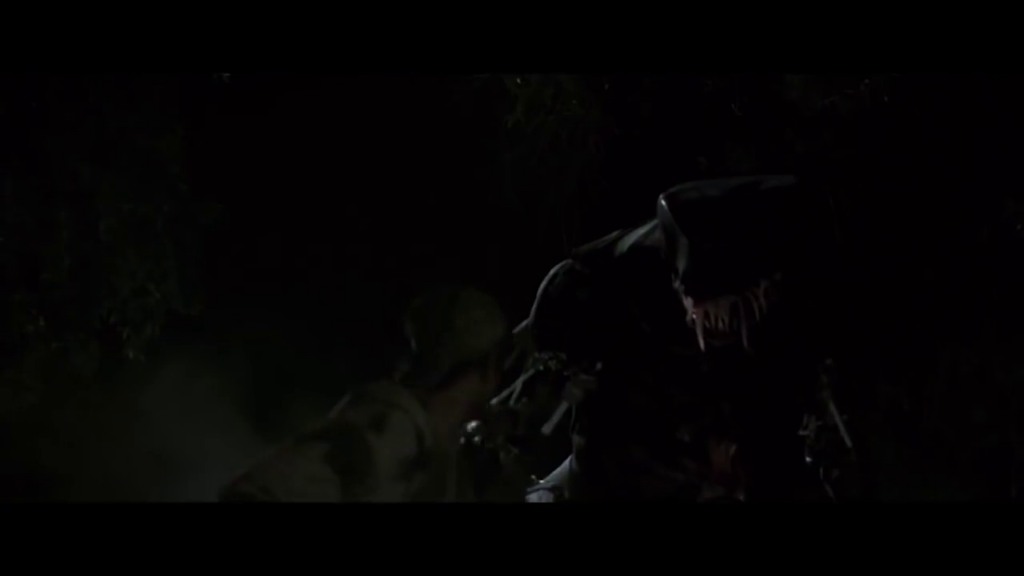

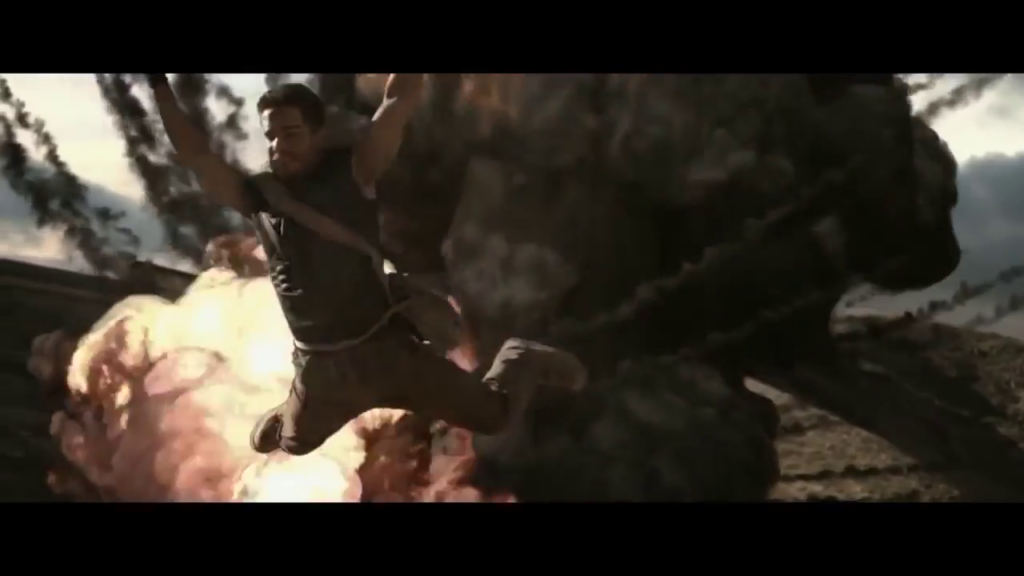
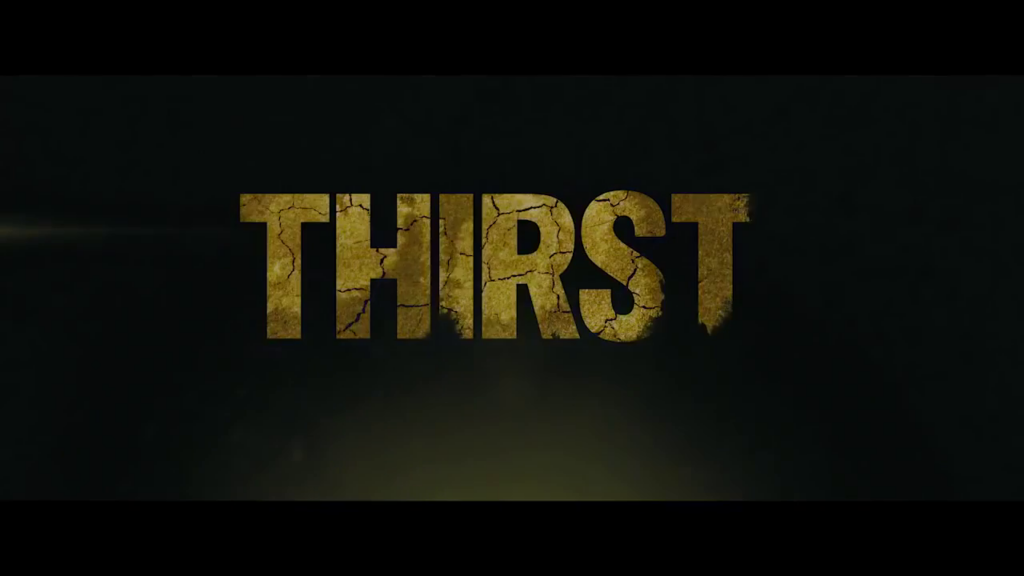
Thirst (2015)
Film review #620
Director: Greg Kiefer
SYNOPSIS: A group of young delinquents are sent into the wilderness to a couple who aim to toughen them up and make them responsible members of society by hiking through the wilderness. Unfortunately, lying in wait is an alien creature that aims to suck them dry, and with no means to contact the outside world, the group must try to survive before they are all hunted down…
THOUGHTS/ANALYSIS: Thirst is a 2015 sci-fi horror film. Opening up like every other horror film, we see an nameless character get murdered after discovering some sort of alien blob…thing. Cut to the film proper, a group of delinquent youths have been sent by their parents or whomever to the middle of the Californian wilderness (i.e. nowhere) to be subjected to a ten-day hike by a couple who run a business of toughening up such youths to make them productive members of society: that’s the story anyway, but it seems very dubious and highly illegal. Anyway, the group eventually stumbles upon an alien that wants to suck people dry (?), and they must find a way to survive and escape. It is, in short, every other creature/monster-based horror movie, with no real surprises or novelties to make it interesting. The plot points are predictable, and a lot of the film is just a lot of shouting and running around the middle of nowhere without being able to generate any real sense of atmosphere or terror. It’s not even hilariously bad, it’s just boring and nonsensical.
The characters are the usual bunch of horror unlikeable stereotypes: they don’t really develop as characters, and their deaths aren’t really impactful. One character in particular does virtually nothing and survives near to the end of the film, and I wonder if someone just forgot to do anything with them. Killing off the two “adult” characters could have been an interesting twist that forced the younger ones to grow up, but it doesn’t really happen. The alien is obviously a Xenomorph rip-off with no attempt to be original. For some reason, it’s also half-metal, which makes no sense. We’re given no sense of what this alien is or how it works, which isn’t too much of a deal insofar as we don’t need to know it’s motivations, but it would be nice to give the alien some substance to make it stand out.
Obviously made on a budget, the film just consists of the cast wandering about in the middle of nowhere as mentioned, and the special effects are unconvincing at best. No jump scares, no atmosphere, no tension, and no originality, Thirst won’t quench the need for a good horror.
-
#619 – District 9 (2009)
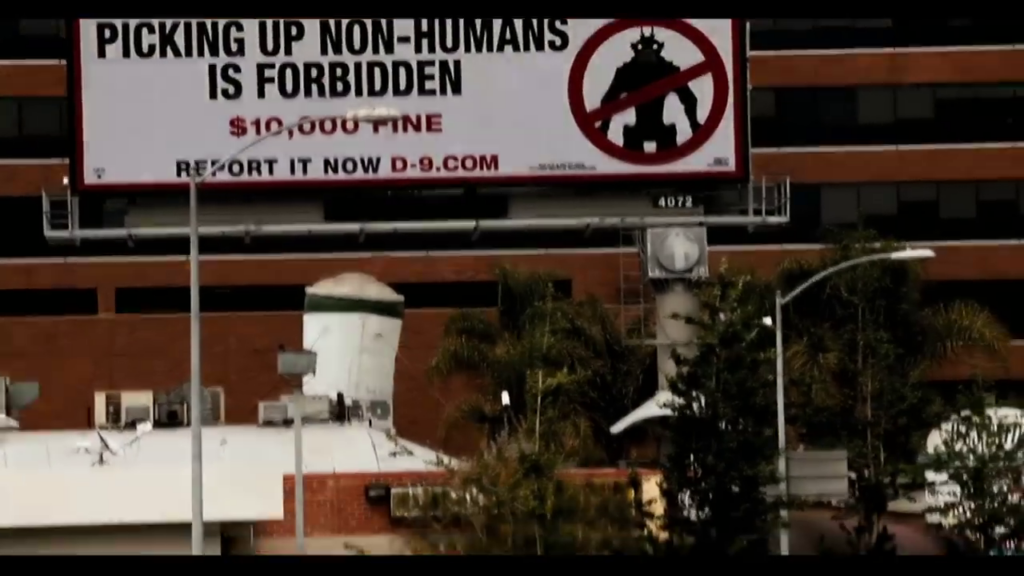
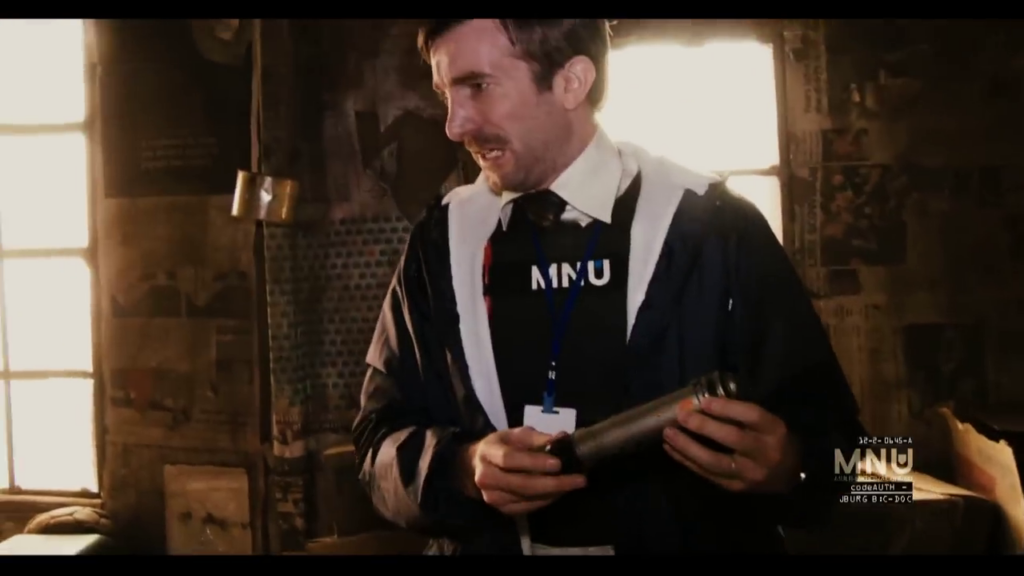
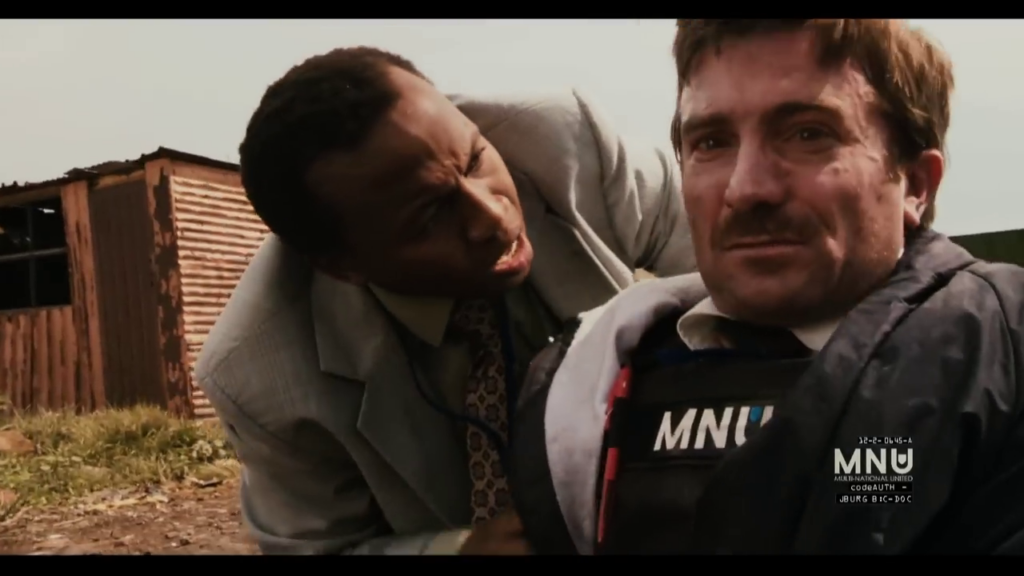
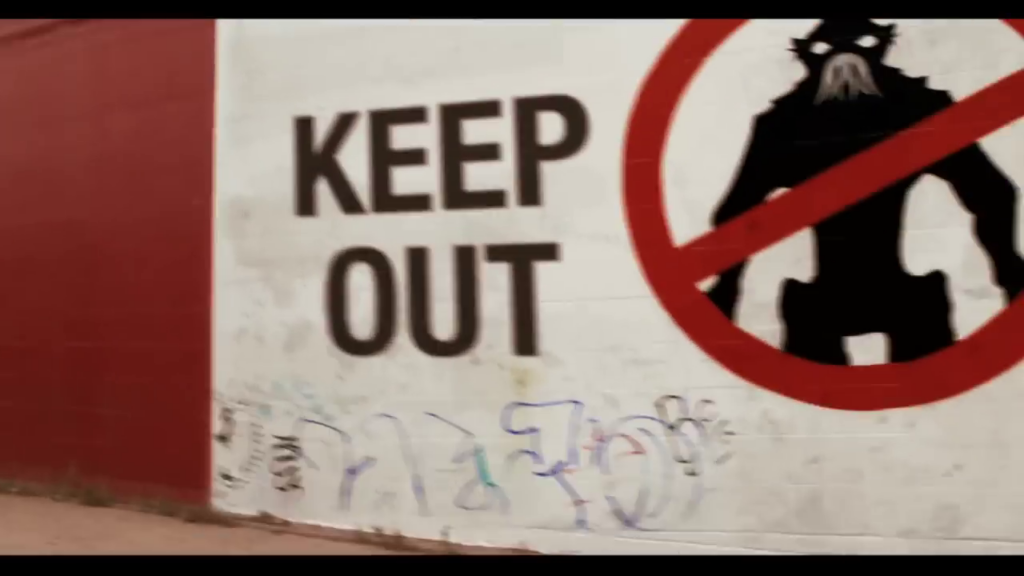
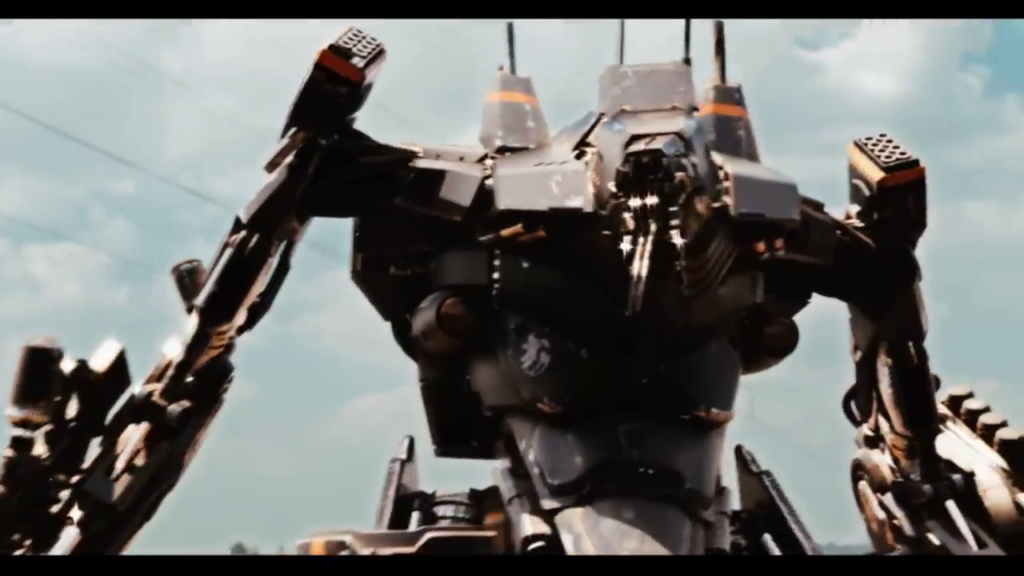
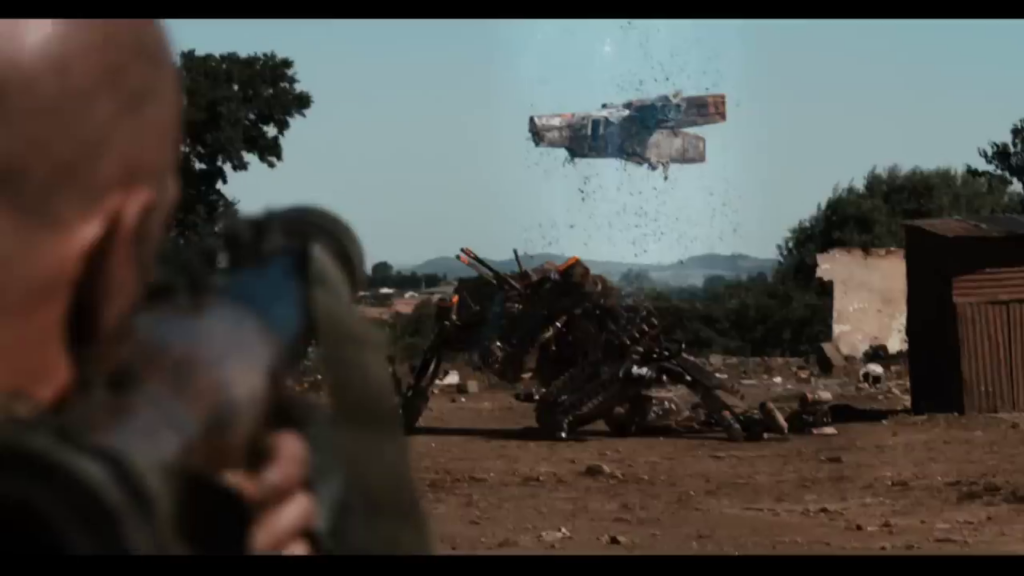
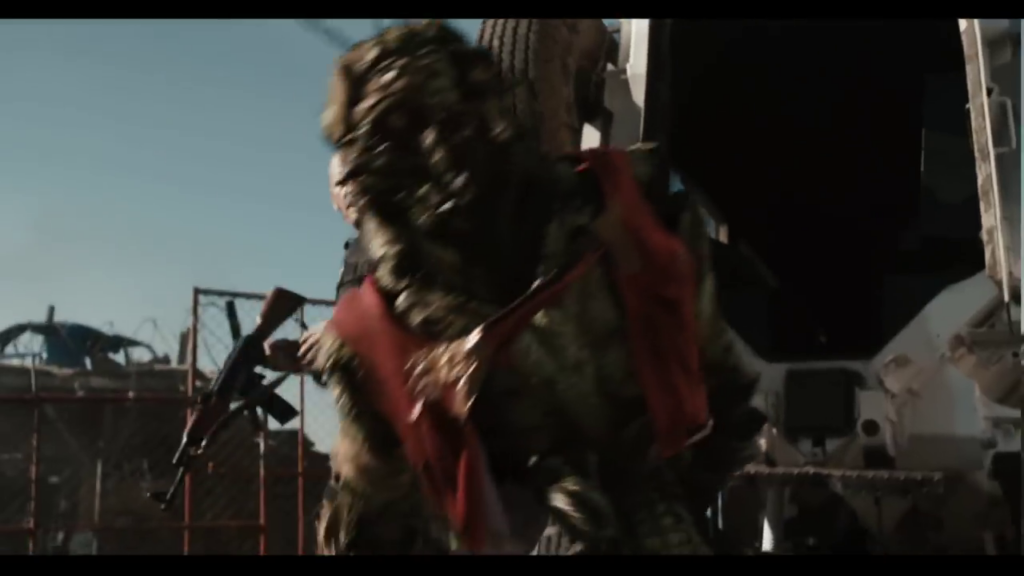
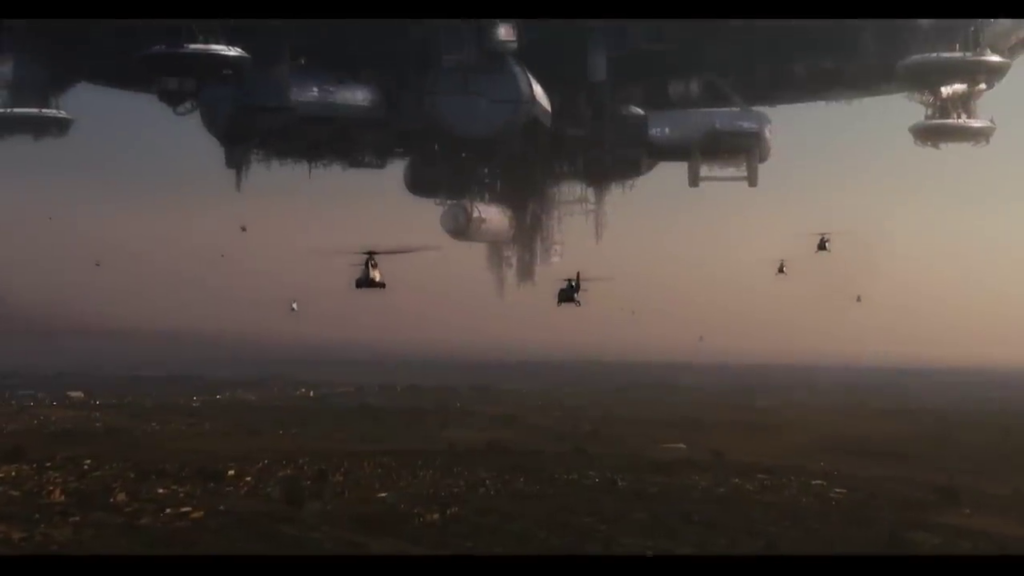
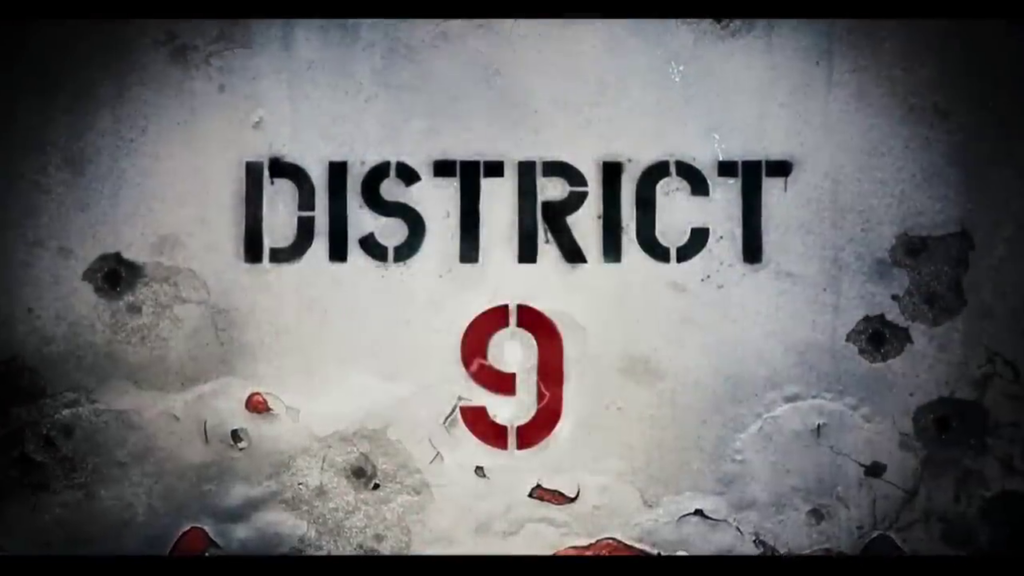
District 9 (2009)
Film review #619
Director: Neill Blomkamp
SYNOPSIS: 28 years after an alien ship arrived on Earth hovering over Johannesburg, the alien inhabitants are confined to a section of the city known as “District 9.” When the decision is made to “relocate them (forcibly) into a new camp outside of the city, Wikus van de Merwe is put in charge of leading the relocation, but when he is exposed to a strange substance, he finds himself slowly turning into one of the aliens, and is confined to be experimented upon. When he escapes, he seeks the only place where no one will look: district 9…
THOUGHTS/ANALYSIS: District 9 is a 2009 sci-fi film. 28 years after a spacecraft arrives to Earth, stopping to hover directly over Johannesburg. The alien inhabitants were cut free and settled in a sealed-off region of the city known as “District 9.” Now, after resentment has grown by humans for the “prawns” living in the city, seeing them as responsible for crime and costly, the government has decided to relocate them to a camp outside of the city, and hired weapons company Multinational united (MNU) to oversee the relocation. The head of the company chooses his son-in-law Wikus van de Merwe to oversee the operation, and they begin the task of delivering notices of eviction to the residents (and relocating them whether they agree or not). Wikus is exposed to a strange substance that slowly turns him into a prawn, which leads to him being contained and used for experiments (particularly in using the alien’s weaponry which only they can use). The film’s method of storytelling and giving the backdrop to the film through reports, interviews and documentary footage is a bit chaotic but it nevertheless gets the background of what is going on well, and makes it interesting without devolving into just plain exposition. Being set in Johannesburg brings us a setting different from the usual settings of films in New York or Los Angeles, and the location obviously brings up echoes of apartheid with the prawns being fenced off from humans. The film doesn’t really lean too much into that though: maybe it’s fine with just the setting being enough to offer an analogue between fiction and reality, but it does feel like it’s something that should be more of a focal point given the setting, but isn’t. There’s an element of satire that pervades over proceedings, which complicates things further, but the film is put together in such a way that you don’t need to understand all the different levels it is operating on.
The film is at it’s best when it offers a raw storytelling, told through all the different types of footage, offering flashes of lore and plot points from all angles that comes together quite nicely. The raw, messiness of the events of the film disrupts a more clean, sterile narrative, and keeps the stakes high. On a negative note, the film does have to fall into very cliché action scenes at points to move things along, which feel very out of place. The scene where Wilke escapes from the lab where he is held makes it seem a bit too easy, given that he was being held under maximum security, he manages to run up some stairs and out into the world with very little issue.
Wilke as a character starts off as a pencil-pusher promoted way beyond his ability, thanks to his Father-in-Law giving him the job (and maybe to take the blame for anything that inevitably goes wrong, the film leaves that open). Wilke seems to have a typical attitude to the alien “prawns,” in that he clearly has a negative view of them. His attitude towards them, interestingly, doesn’t really change much, even when he is turning into one himself, and he relies on them for help: he is always only thinking about himself. He doesn’t really get much of a redemption arc, but he is certainly a victim of humanity, but in a different way to the prawns themselves. It’s murky and not clear-cut but I suppose that’s what makes it stand out in the sci-fi genre. The prawns themselves are quite convincingly portrayed and brought to life, and though we’re not given too much backstory about them, we don’t really need it to understand their motives.
Overall, District 9 offers something original enough in the genre, weaving together complex elements and footage to disrupt a typical narrative and brings its messiness to the forefront of the experience, without alienating the viewer. It’s chaotic and messy, but clearly intentionally so. There are definitely parts where the film has to resort to more typical filming techniques and narrative points to bridge the gaps, but on the whole it offers enough to make it stand out in the genre, and entertaining enough regardless of how far you wish to dive into the satire and the sub-text of the story.
